What is a Third Party Security Audit?
A third-party security audit is an independent evaluation of an organization’s safety practices and procedures by an external party. The audit helps identify potential hazards, ensure compliance with safety regulations, and recommend improvements to enhance safety performance.
Third-Party Security Audits: its Importance
In a time when collaborations and outsourcing are widespread, businesses typically trust some facets of their business operations to third-party suppliers. These relationships could boost productivity and skills but also lead to security risks. A third-party security audit has become increasingly important for addressing these risks because of the following:
- The Provider Liability: Third-party security audits make providers liable for their security procedures. To meet security expectations, providers must show that they conform to industry standards.
- Risk Reduction: Audits can help locate and reduce possible security risks connected with third-party suppliers. Businesses may prevent information theft by identifying vulnerabilities before time.
- Security of data: Safeguarding confidential client and company data is important. Third-party audits ensure the safe management of data. These audits frequently have compliance with information security laws like SOC 2 and HIPAA as a primary focus.
- Management of reputation: A third-party vendor’s data leak could harm your company’s brand. Frequent audits show a dedication to security, which helps keep investors and consumers trusting you.
Some advantages of a Third Party safety audits include:
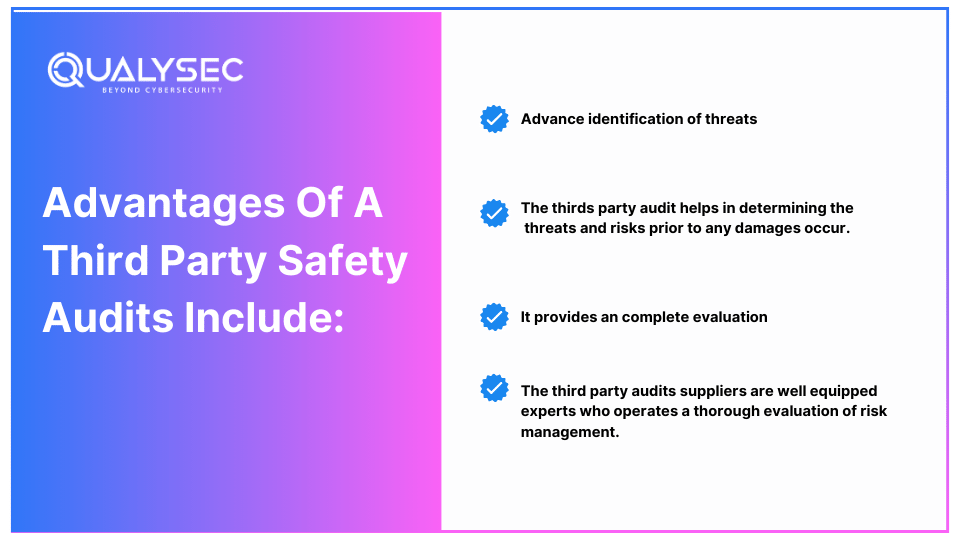
- Advance identification of threats
- The third-party audit helps in determining the threats and risks before any damages occur.
- It provides a complete evaluation
- The third-party audit suppliers are well-equipped experts who operate a thorough evaluation of risk management.
Why is a third-party security audit so essential?
To a certain degree, every company depends on external technology or services like utilizing the third-party security audit to carry out their daily operations. For example, companies use HRM software to handle payrolls and other HR-related tasks. For their marketing, sales, manufacturing, distribution, and other services, they also work together with other MSPs. Such partnerships allow businesses to focus on their company’s goals while lowering the cost of carrying out all tasks alone.
Being reliant on third-party vendors provides an appealing way for criminal entities seeking entry to the affected company’s network. The entire supply chain is impacted in the wake of an intrusion or data theft. This is why conducting a third-party cyber security audit becomes essential in evaluating the risks posed by external vendors.
An organization must carefully assess its third-party risk before working with any providers to avoid identical incidents. Businesses can significantly reduce vulnerability by using suitable third-party security management techniques and implementing strong controls not only throughout their IT infrastructure but also across the entire network of associated vendors.
How do Third-Party Security Audits Work?
Every organization needs a strong foundation to detect and minimize provider relationship risks in the current era of widespread security breaches, particularly those affecting third parties.
Businesses can develop a plan to assess suppliers’ information security status with the ability to access private information, but there isn’t one universally accepted method for auditing third parties.
To evaluate the security controls, policies, and practices of clients or providers, 3rd party security audits must be conducted methodically. Here’s a simple outline of the audit technique:
Selecting the Right Service Provider:
- By Identifying and choosing third-party providers or associates who require security audits.
- By Considering the nature of the services given, access to private information, and any industry limitations.
Defining the Scope of the Audit:
- Thoroughly outline the audit’s purpose and its scope.
- Establish the standards and criteria that will be used to evaluate the vendor’s security procedures.
Conducting a Threat Assessment:
- By analyzing the potential threats that are connected to the providers.
- By determining the importance of security measures and problem areas.
Executing the Audit:
- By hiring a third-party audit company that specializes in security evaluations.
- The vendor’s security measures, procedures, and controls are thoroughly examined by the audit organization.
Generating the Final Report:
- A thorough report is created by the audit organization by citing the outcomes.
- The evaluation identifies vulnerabilities, compliance concerns, and areas that need improvement.
Want to understand how 3rd party security audits work? Download our comprehensive report now for free!
Latest Penetration Testing Report
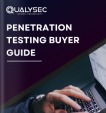
Addressing the Issues:
- The company fixes issues that are being found and applies appropriate measures for security enhancements.
Continuous Monitoring:
- By providing an infrastructure for continuous security posture monitoring of the vendor.
- By reviewing and updating the audit schedules and security standards regularly.
Third-party security audits are an effective way to protect your company. In an ever-changing threat landscape, embrace the power of third-party cyber security audits to bolster your cybersecurity defenses and secure the life of your company.
Why Should One Consider A Third-Party Security Audit?
Sometimes it is necessary to have third-party audits. For instance, audits are required to ensure compliance with specific confidentiality laws and information security certifications. Third-party audits could also be required to fulfill company contractual commitments to vendors. Having said that, third-party security audits are more than just compliance.
How often does the third-party vendor conduct the security audit?
In the fast-changing digital landscape of today, companies that specialize in offering advanced business automation solutions recognize that cybersecurity is not simply an attribute but instead the cornerstone of the services they provide.
In sectors like production, distribution, food and drinks, and logistics and transportation, where automation and compliance technology are crucial, the frequency of third-party security audits is an important issue. To make sure that operations adhere to industry standards, that information is kept safe, and that any possible flaws are promptly fixed, for which these audits are essential.
There is no uniform solution to the issue of how frequently a third-party security audit should be carried out. Rather, it entails an elaborate plan that takes into account several variables. The organization will first explore Audit Frequency Guidelines and Recommended Practices, looking at the prescribed timeframes for security audits as well as the most effective procedures used by firms to guarantee uninterrupted safety and compliance.
Neither technological advancement nor the actions of criminals remain stagnant. Third-party supplier Management and Contractual Duty, exploring how vendor relationships and agreements can affect the timing and breadth of privacy analyses.
Selecting the Right Third-Party Security Auditor
It might be difficult to choose the most suitable third-party auditor or 3rd party audit companies when there are so many options available. Here are some things to keep in mind about while making a decision:
- awareness of the laws and regulations
- industrial knowledge and expertise
- a solid track record
- an extensive variety of services given
- honest and open interaction
How does Qualysec help in the third-party security audit?
Organizations rely significantly on cyber security third-party vendors and partners for a range of products and solutions in contemporary networked marketplaces. Although there are many advantages to these partnerships, there are also some security threats. To protect your company from potential dangers and secure the safety of software and other systems connected with other organizations, third-party security audits and testing are essential.
We at Qualysec are experienced in providing thorough and trustworthy third-party security testing services. To find vulnerabilities, flaws, and possible routes of entry for criminals, our squad of professional ethical computer hackers and security specialists carefully evaluates the safety measures of your outside collaborators. Qualysec performs the following operation keeping given its client’s required security testing:
1. External Penetration Test
We carry out full penetration checks on the programs that your third-party partners provide. By simulating cyberattacks, we identify vulnerabilities that could compromise your organization’s security. We find the issues in third-party networks, web applications, APIs, and other possible entry points leveraging leading methods, techniques, and approaches.
2. Support for Vulnerability Remediation
When vulnerabilities are found, our staff helps your outside collaborators fix the security problems by providing suggestions and help. We work directly with them to effectively allocate resources and resolve vulnerabilities, making sure that the required actions are performed to improve their safety record. This collaboration improves the organization’s overall security and creates a safe environment.
3. Policy for Security and Compliance
Our third-party penetration testing includes an examination of your external partners’ security policies and procedures. This involves evaluating how well they follow laws, industry norms, and optimal procedures. We offer guidelines to make sure that all of your vendors are in accordance with applicable laws and have strong security procedures in place.
4. Continuous Vendor Security Surveillance
To reduce the risks connected with third-party associations, we provide continuous provider security surveillance services because we understand that commercial partnerships change over time. This involves conducting frequent evaluations and security audits to make sure that they uphold an effective safety record and keep meeting your needs for safety throughout the collaboration.
Qualysec also provides a complete range of pen testing services, such as:
- Web App Pentesting
- Mobile App Pentesting
- API Pentesting
- Cloud Security Pentesting
- IoT Device Pentesting
- Blockchain Pentesting
Have questions about securing your business? Connect with our cybersecurity experts now!
Talk to our Cybersecurity Expert to discuss your specific needs and how we can help your business.
Conclusion
To sum up, third-party security audits are essential to ensuring that businesses have an outstanding safety and compliance posture. The integrity and confidentiality of sensitive data and systems are protected when third-party security audits are routinely carried out as part of the provider’s control procedure. This helps to guarantee that providers fulfill their commitments and follow the relevant security and compliance specifications.
FAQ
1. What is a third-party security audit?
A third-party security audit is an impartial assessment of an organization’s internal controls, safety protocols, or compliance systems.
2. Who conducts this third-party security audit?
A third-party security audit is carried out by an entirely distinct organization, usually an expert consultant or specialized cybersecurity company.
3. Why is it important to conduct a third-party audit?
A third-party security audit is necessary to find any possible irregularities and threats that, if neglected further, can cause more dangerous implications.
4. What are the top advantages of a third-party security audit for a company?
There are numerous advantages to third-party security audits, such as:
- Independent Evaluation
- Finding Vulnerabilities
- Observance and Accreditation
- Improved Credibility
- Enhanced Security Procedures

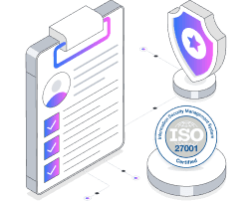
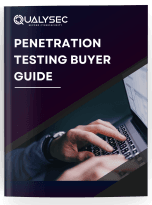







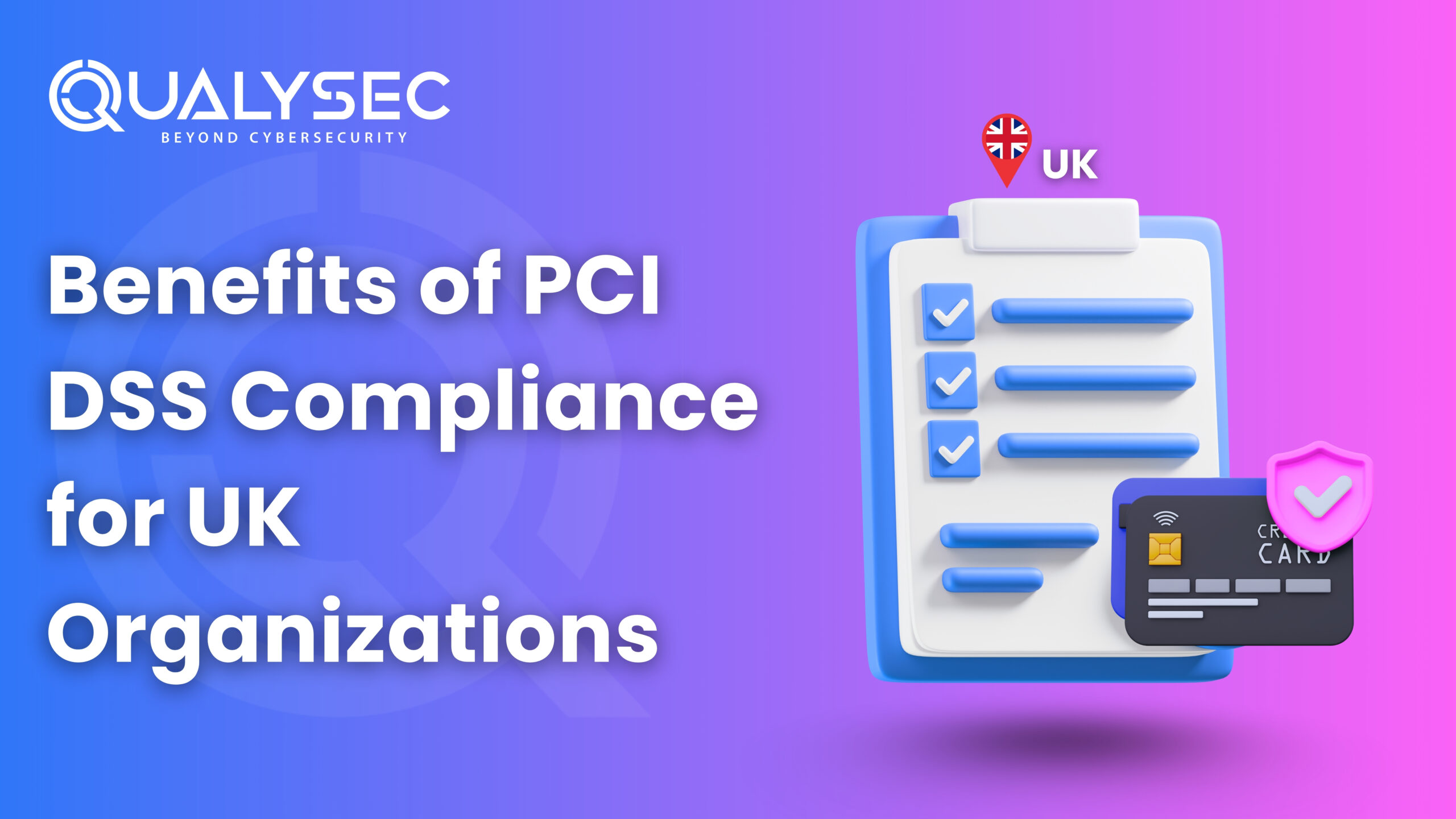
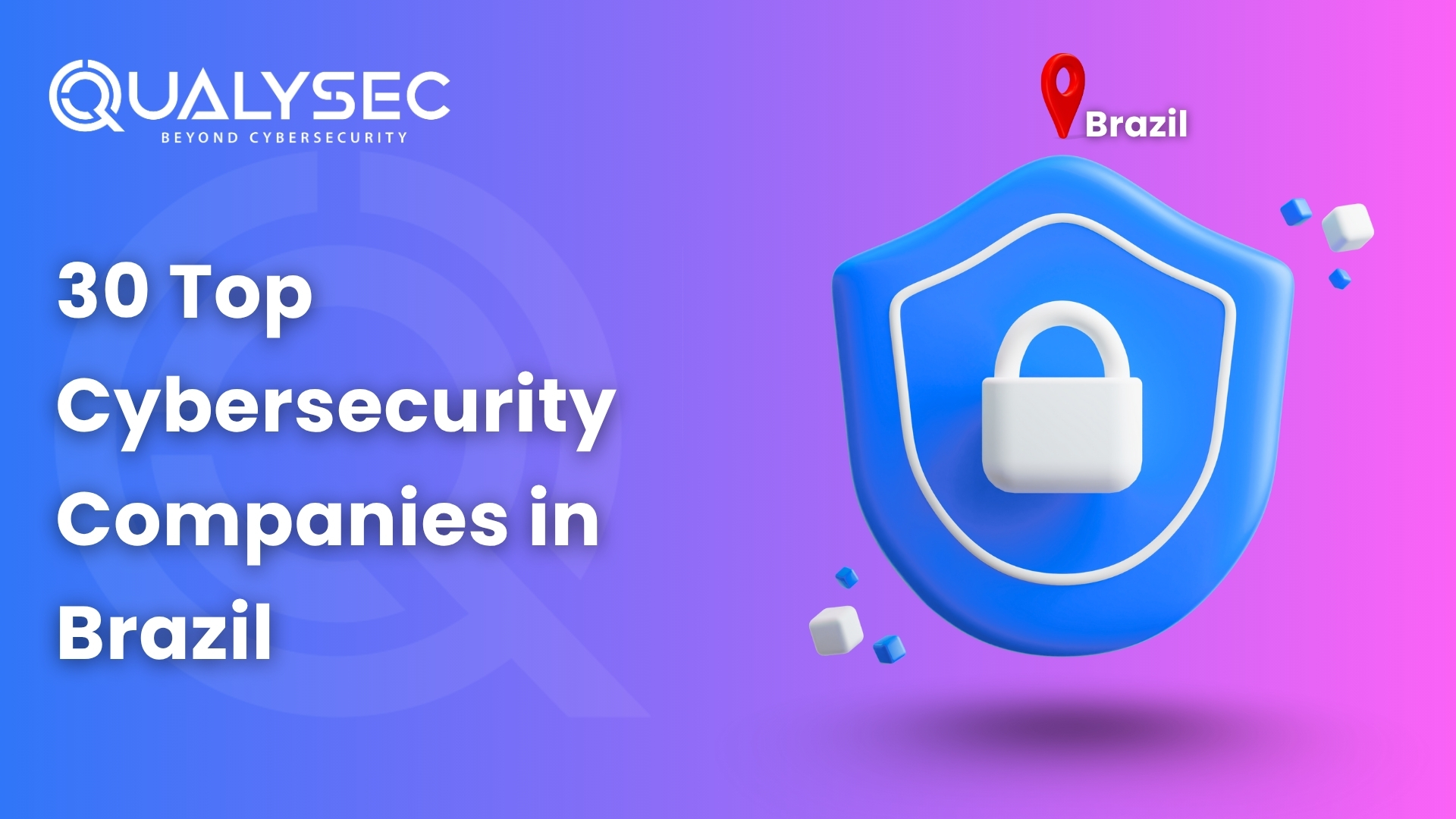
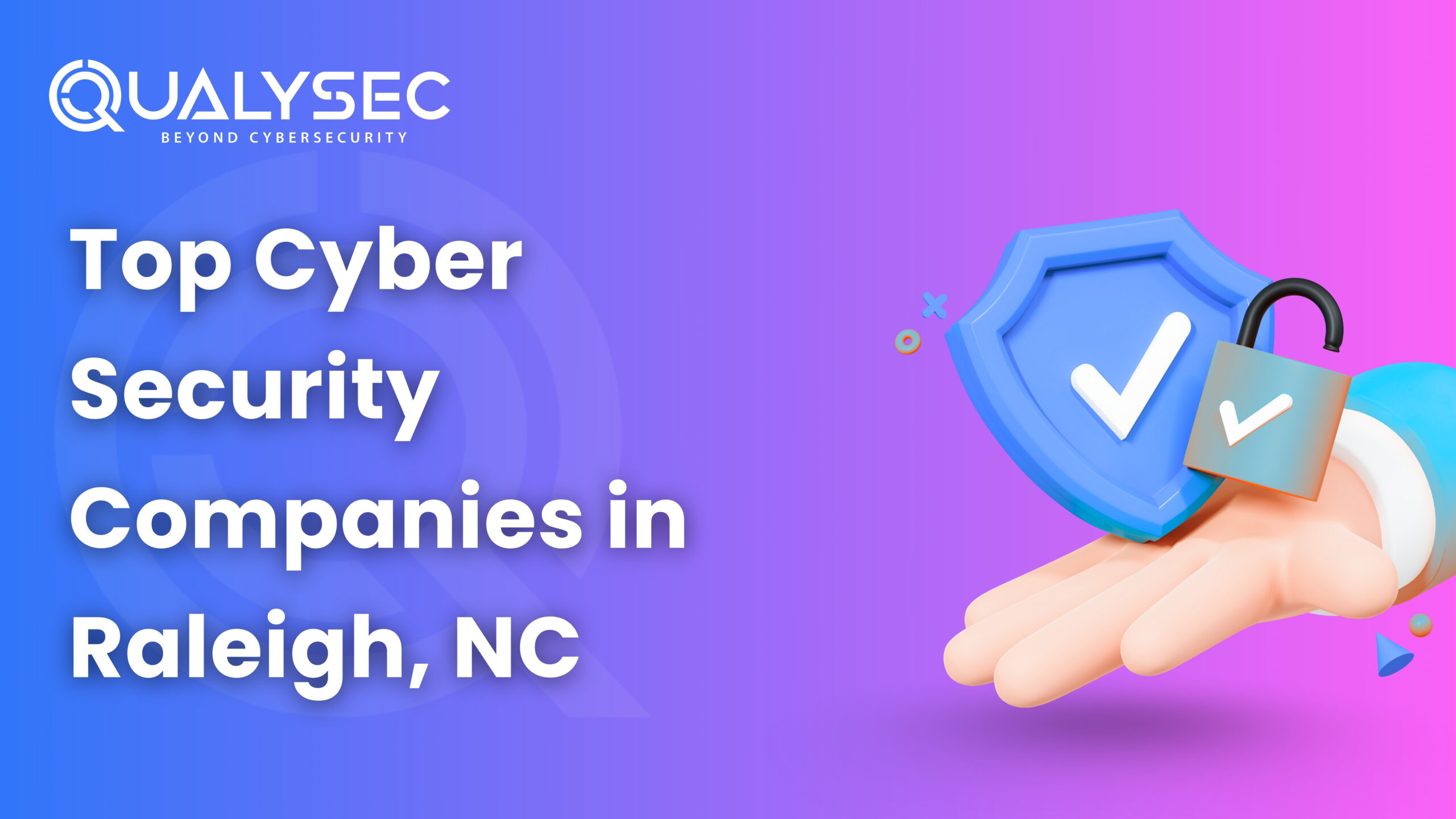
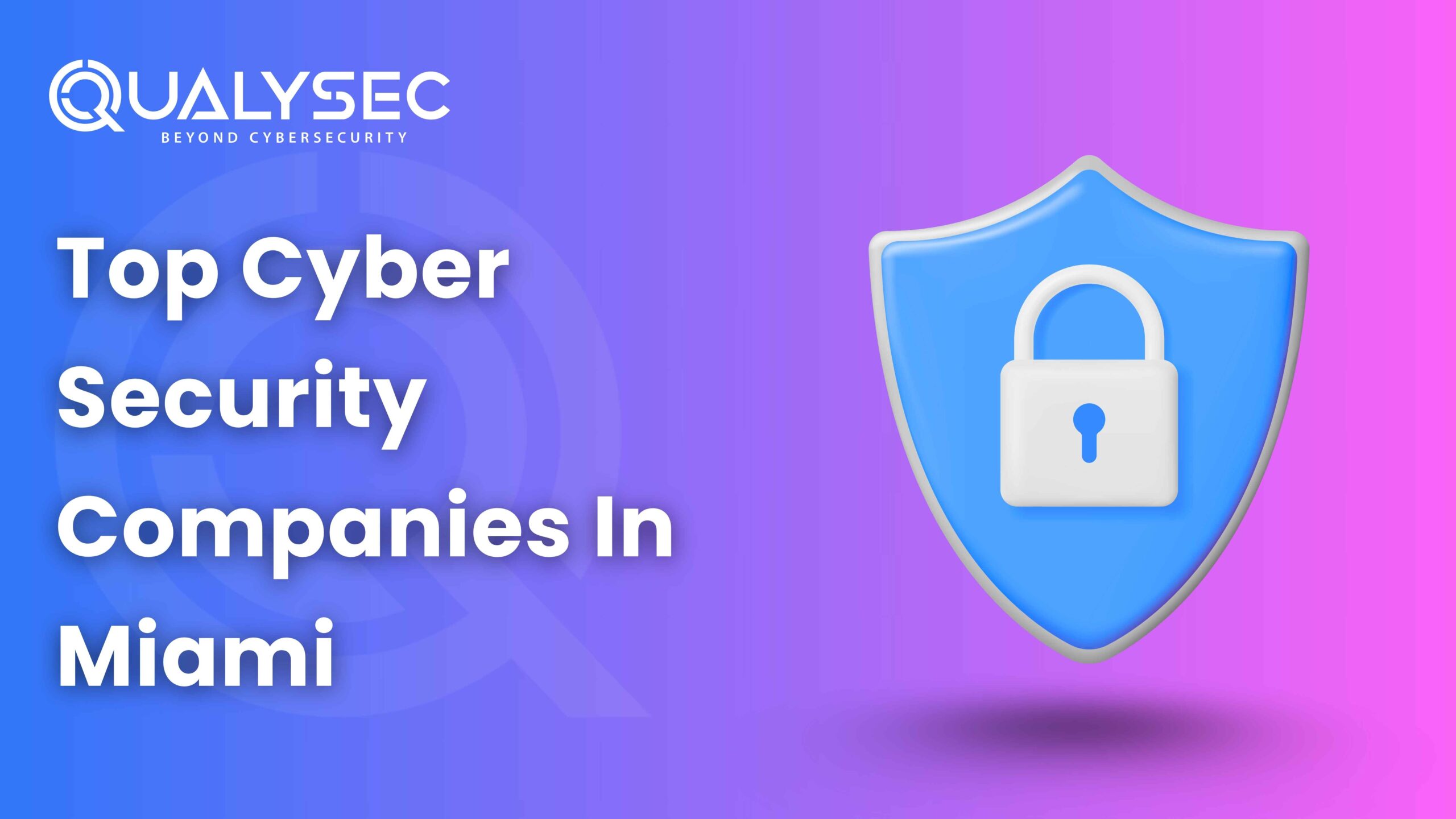

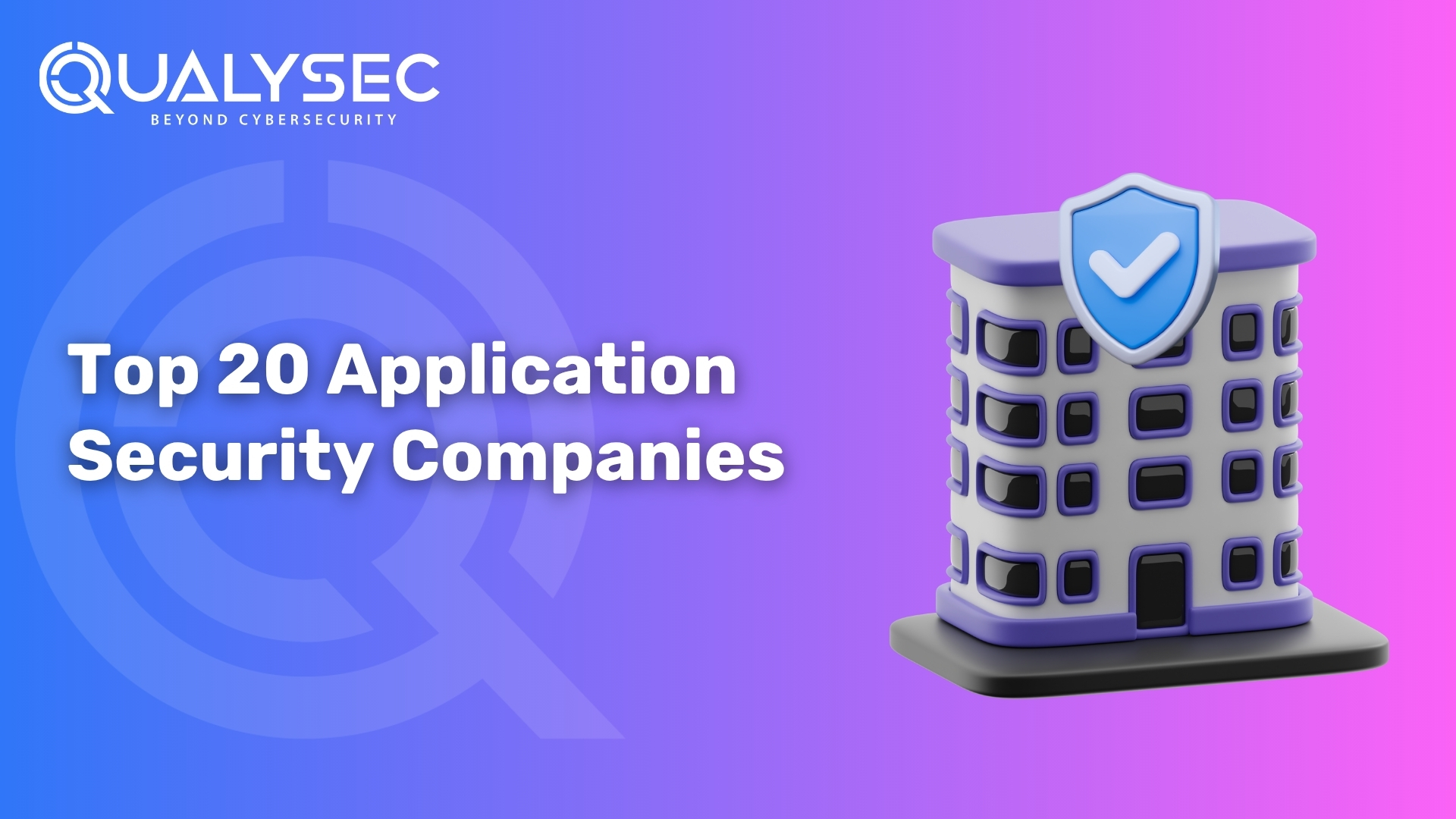
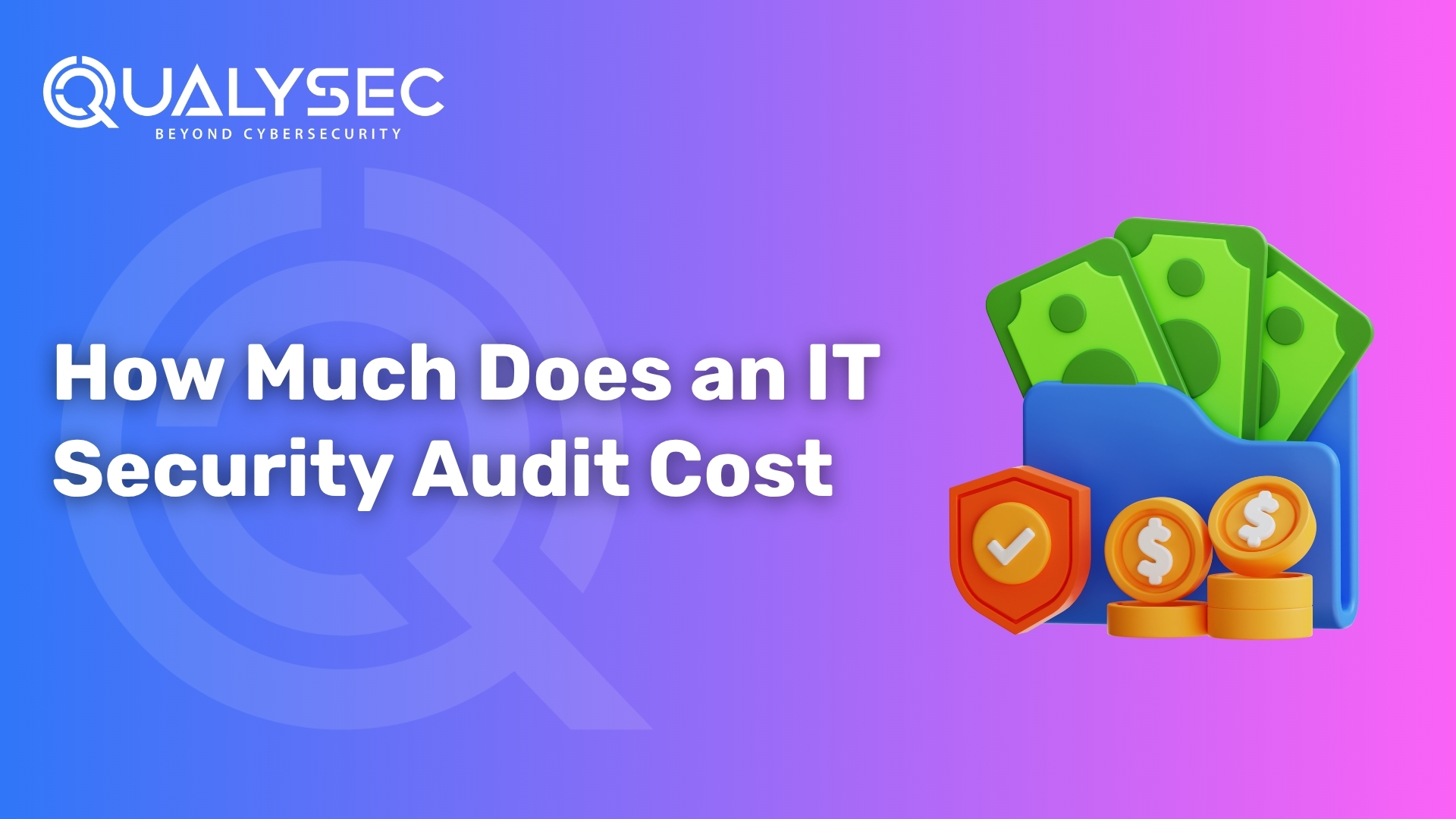
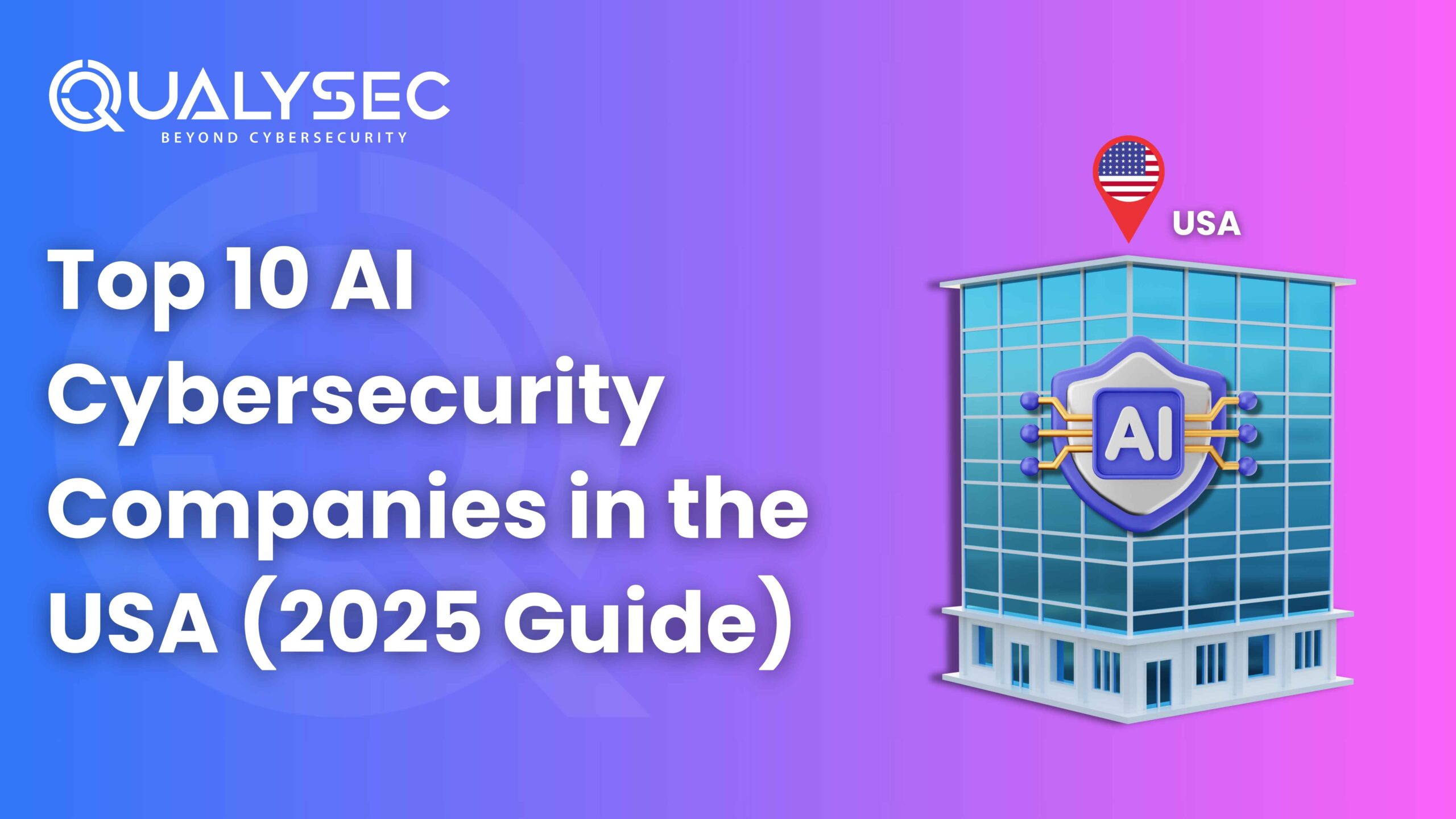
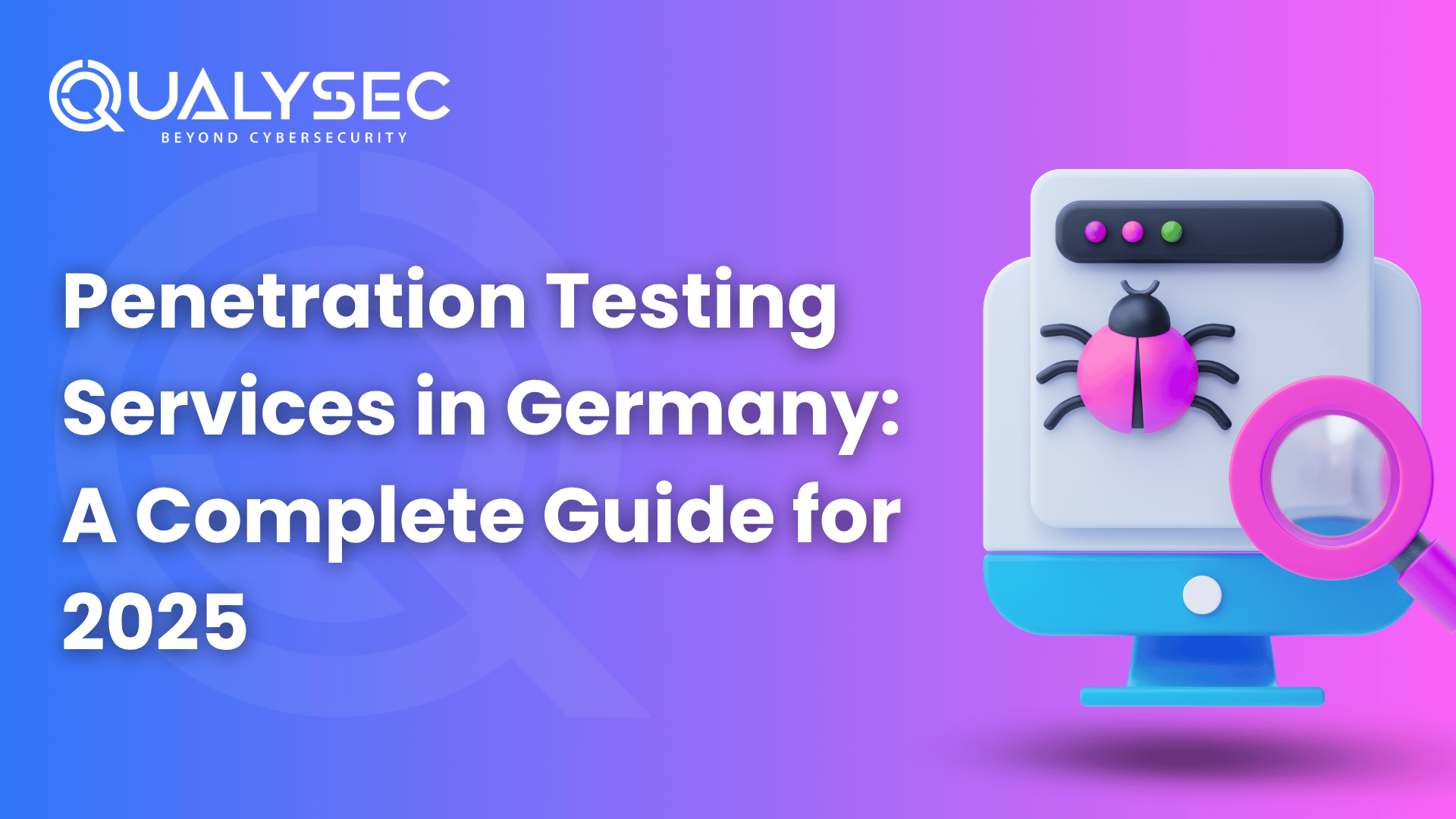
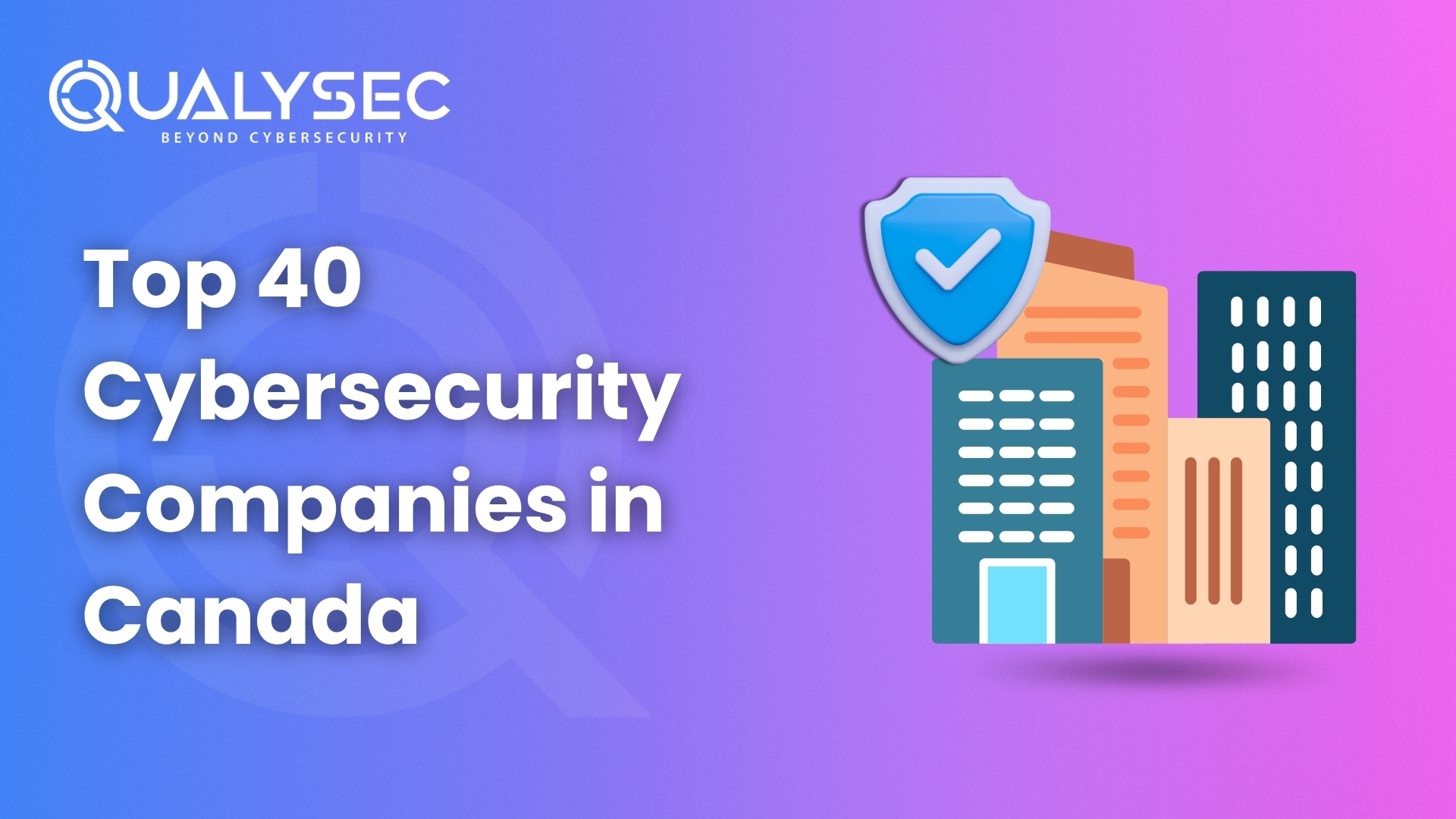
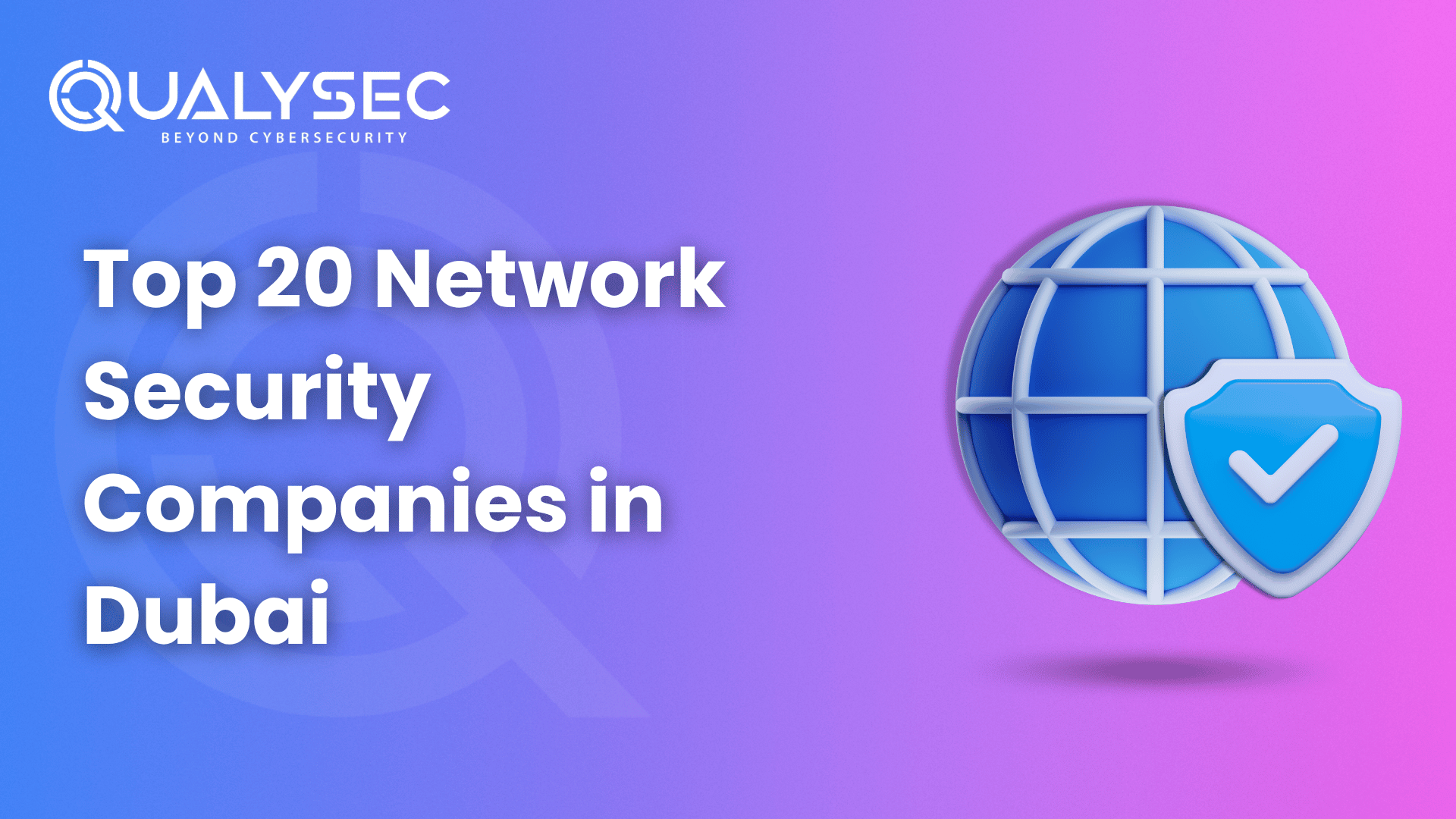
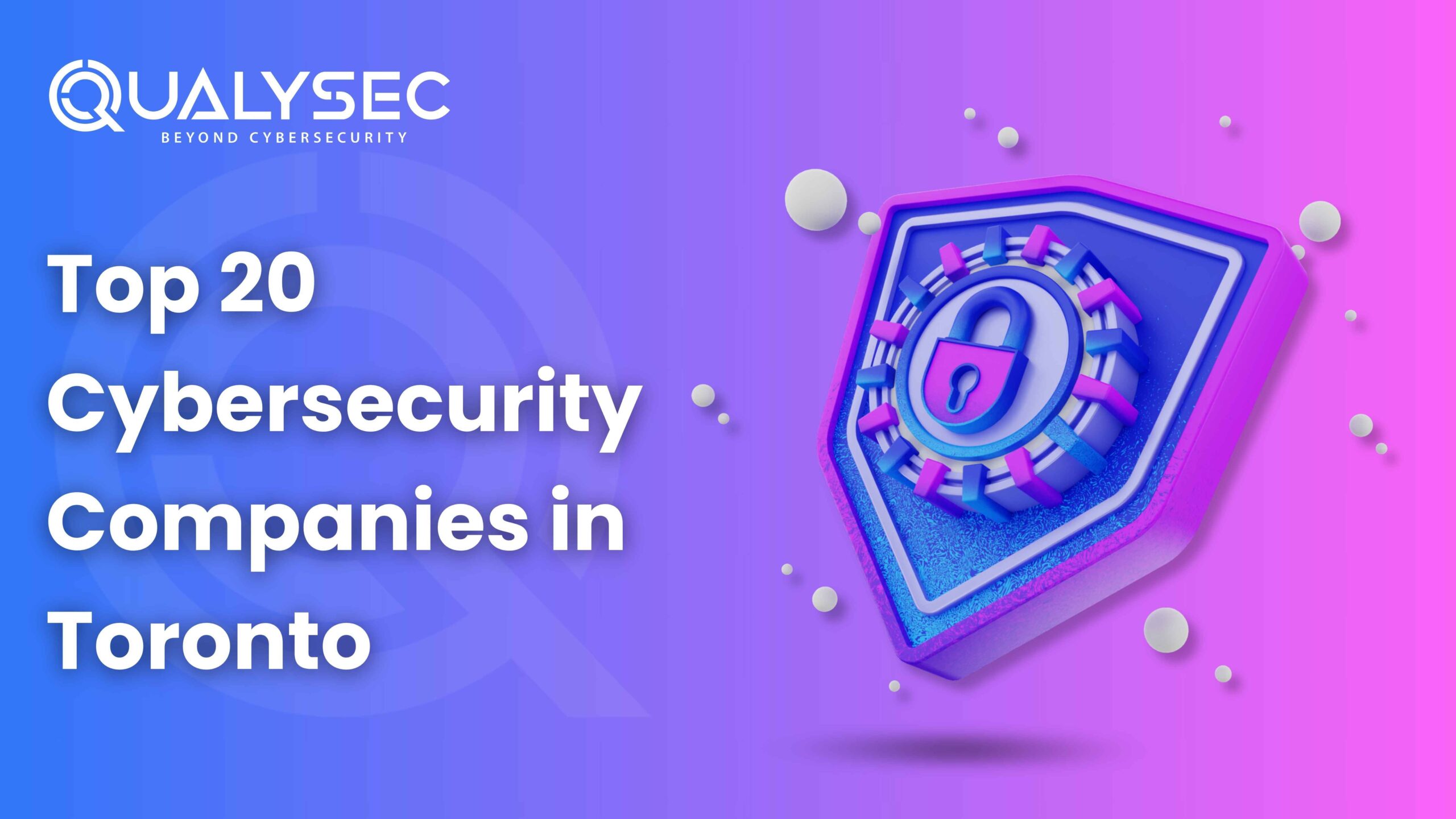
![Top 20 Network Security Companies in USA [2025 Updated List]](https://qualysec.com/wp-content/uploads/2025/05/Top-20-Network-Security-Companies-in-USA-2025-Updated-List-scaled.jpg)
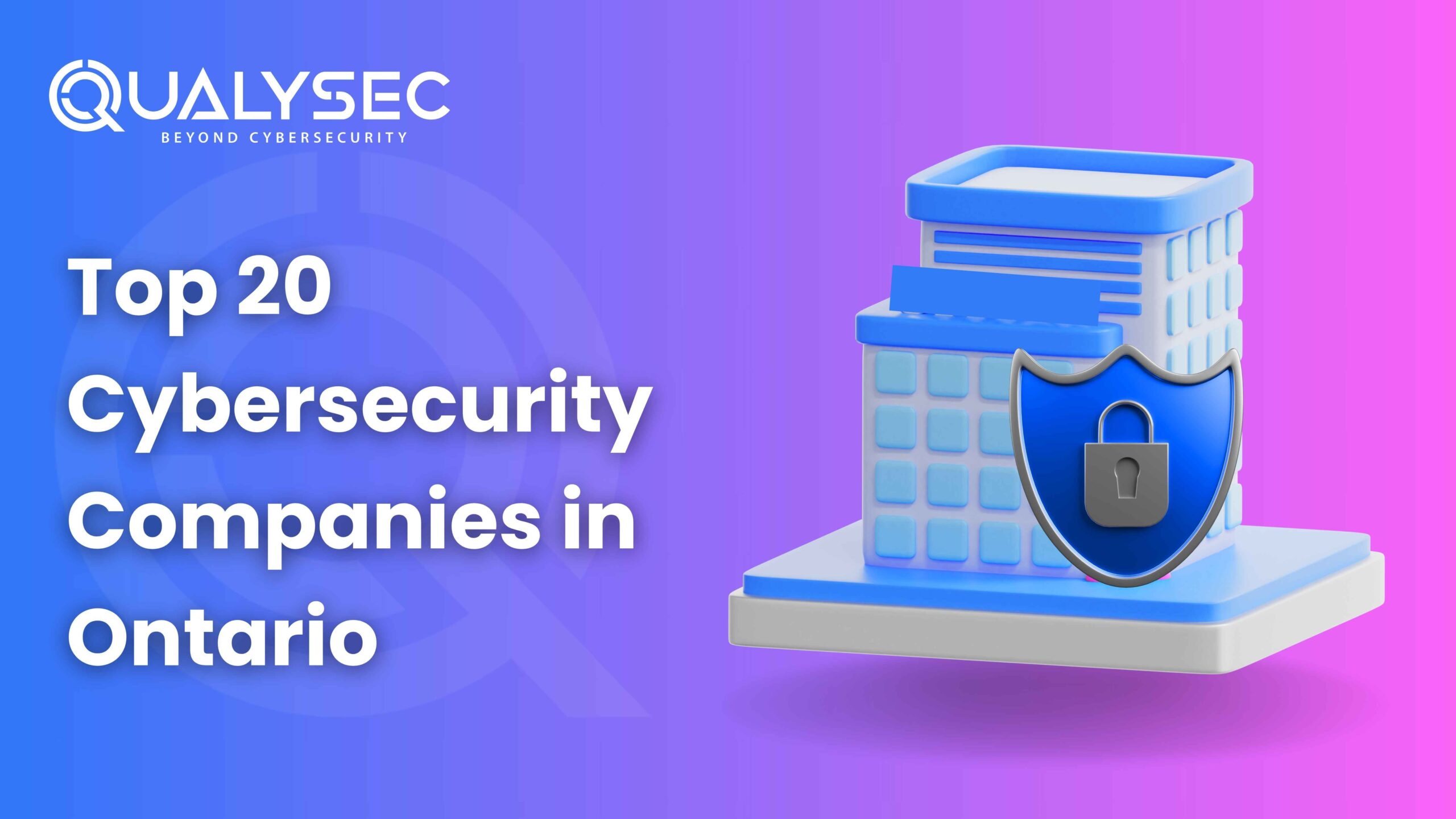
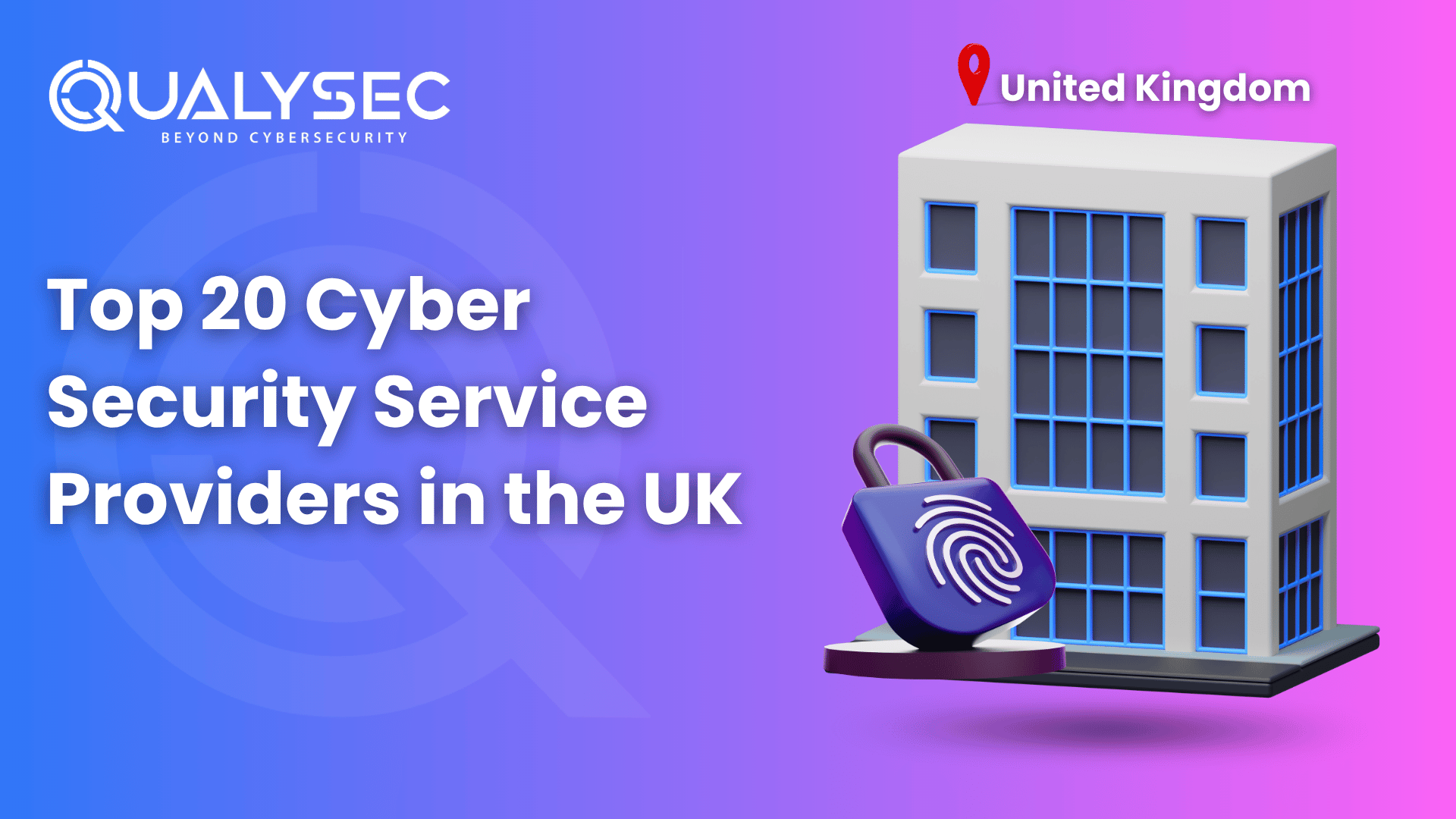
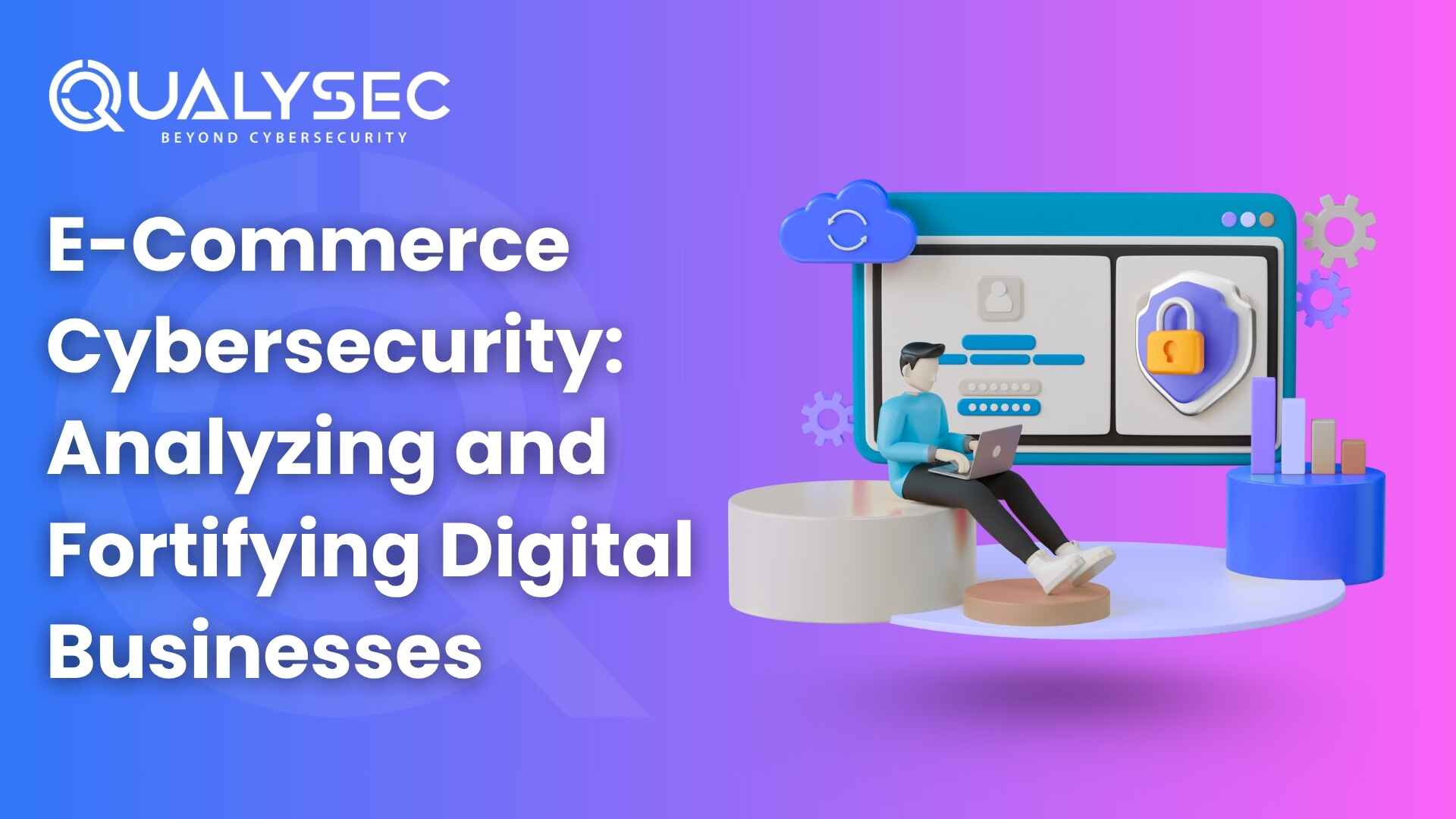
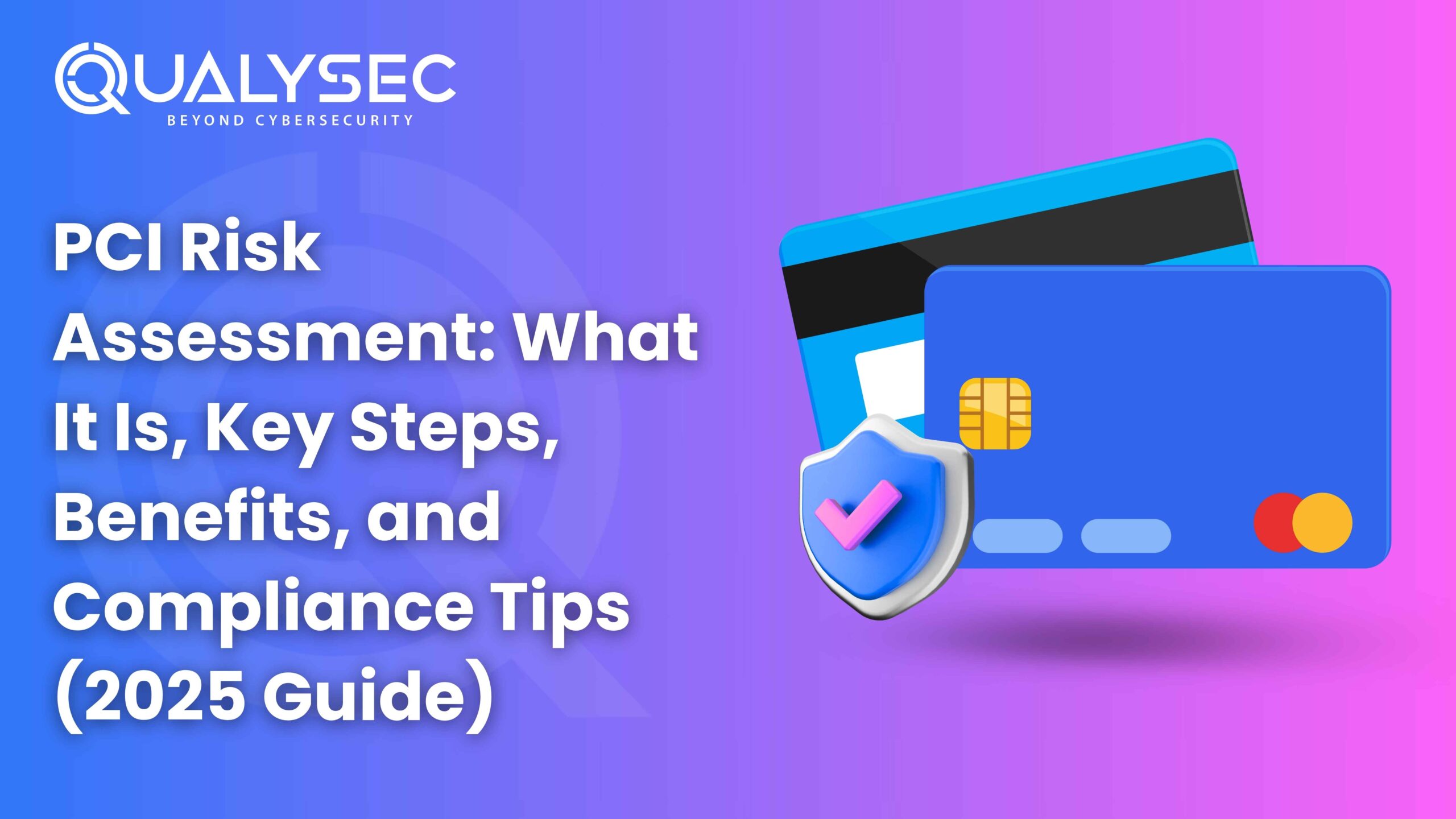
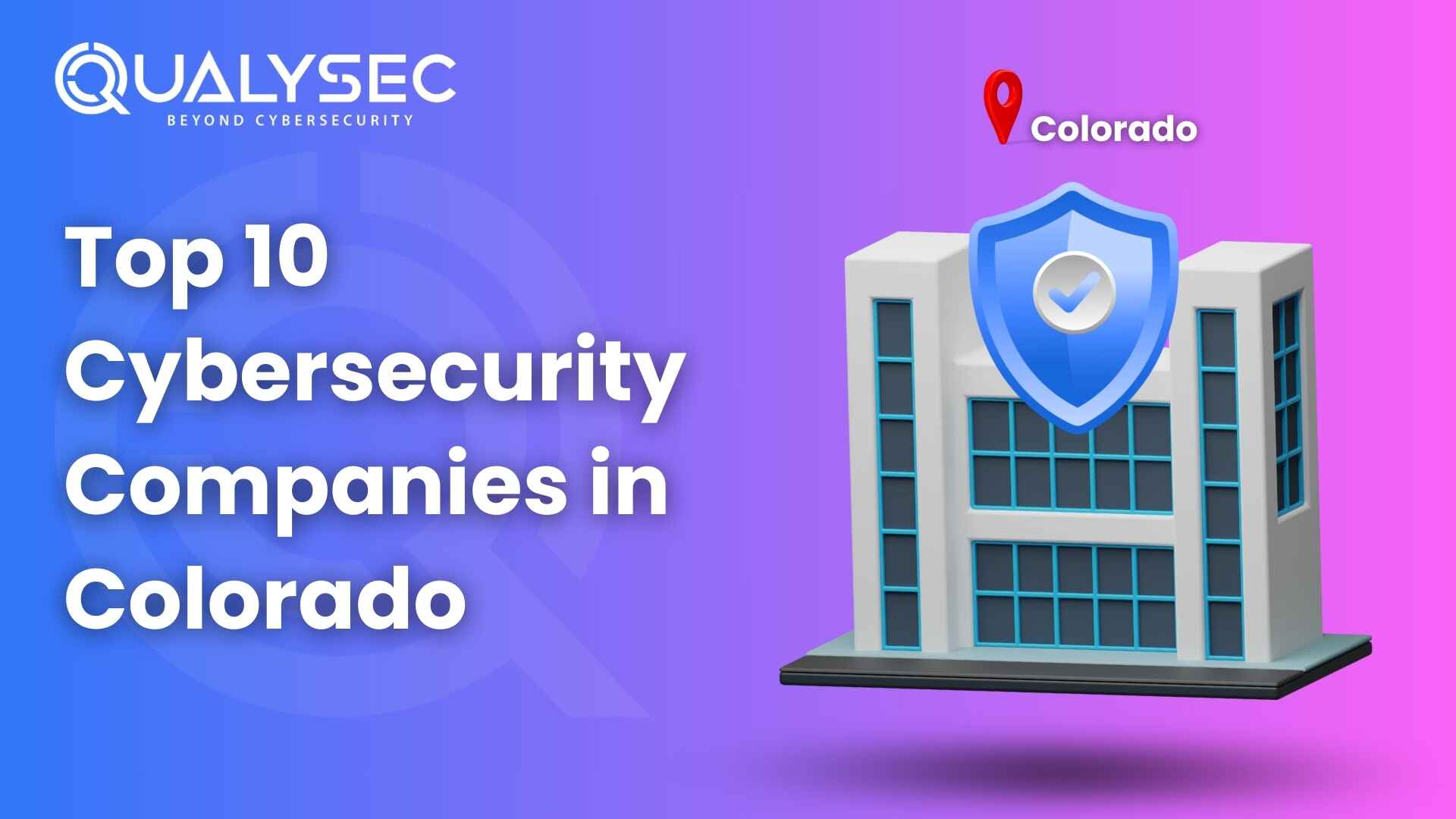































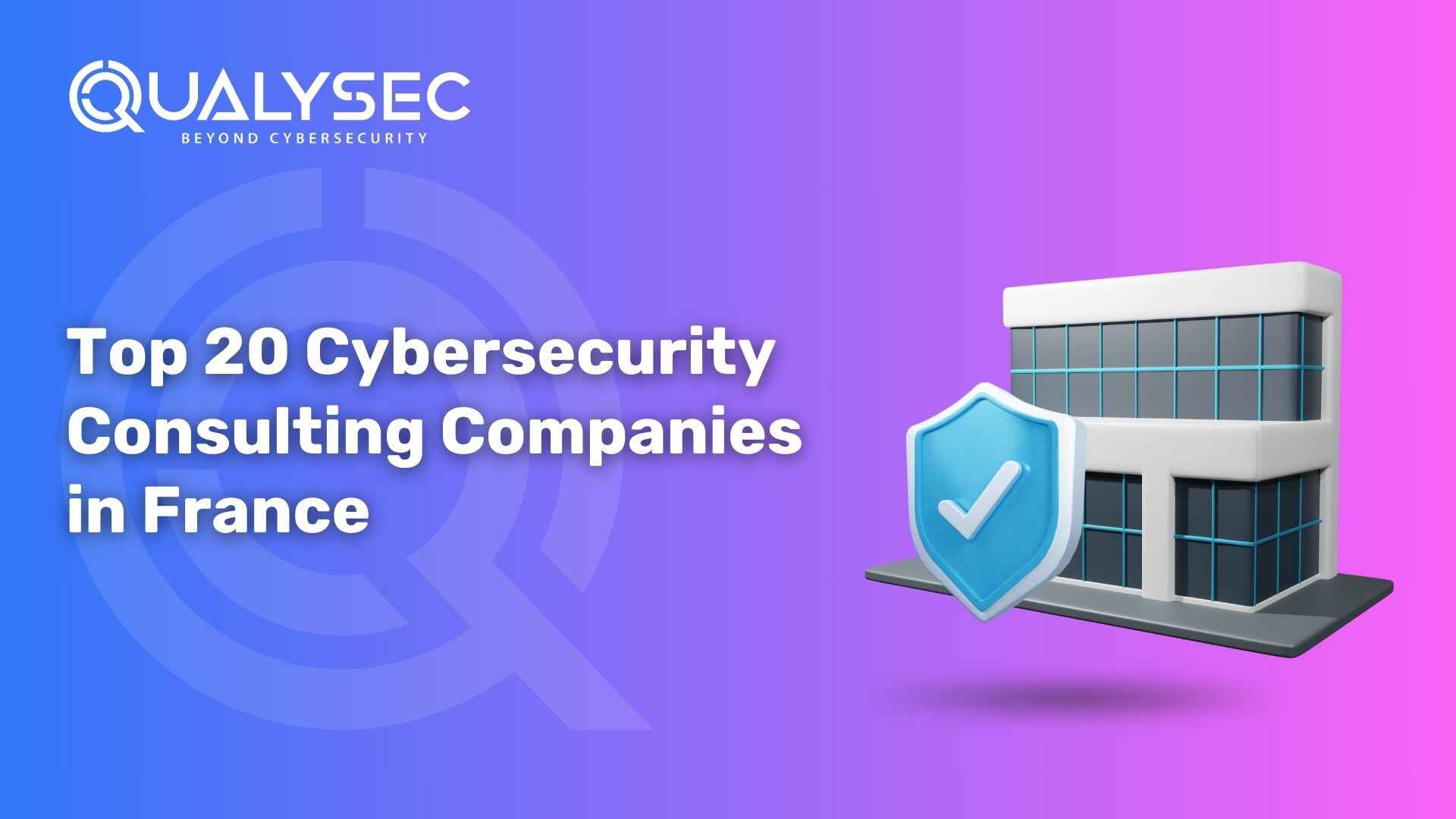












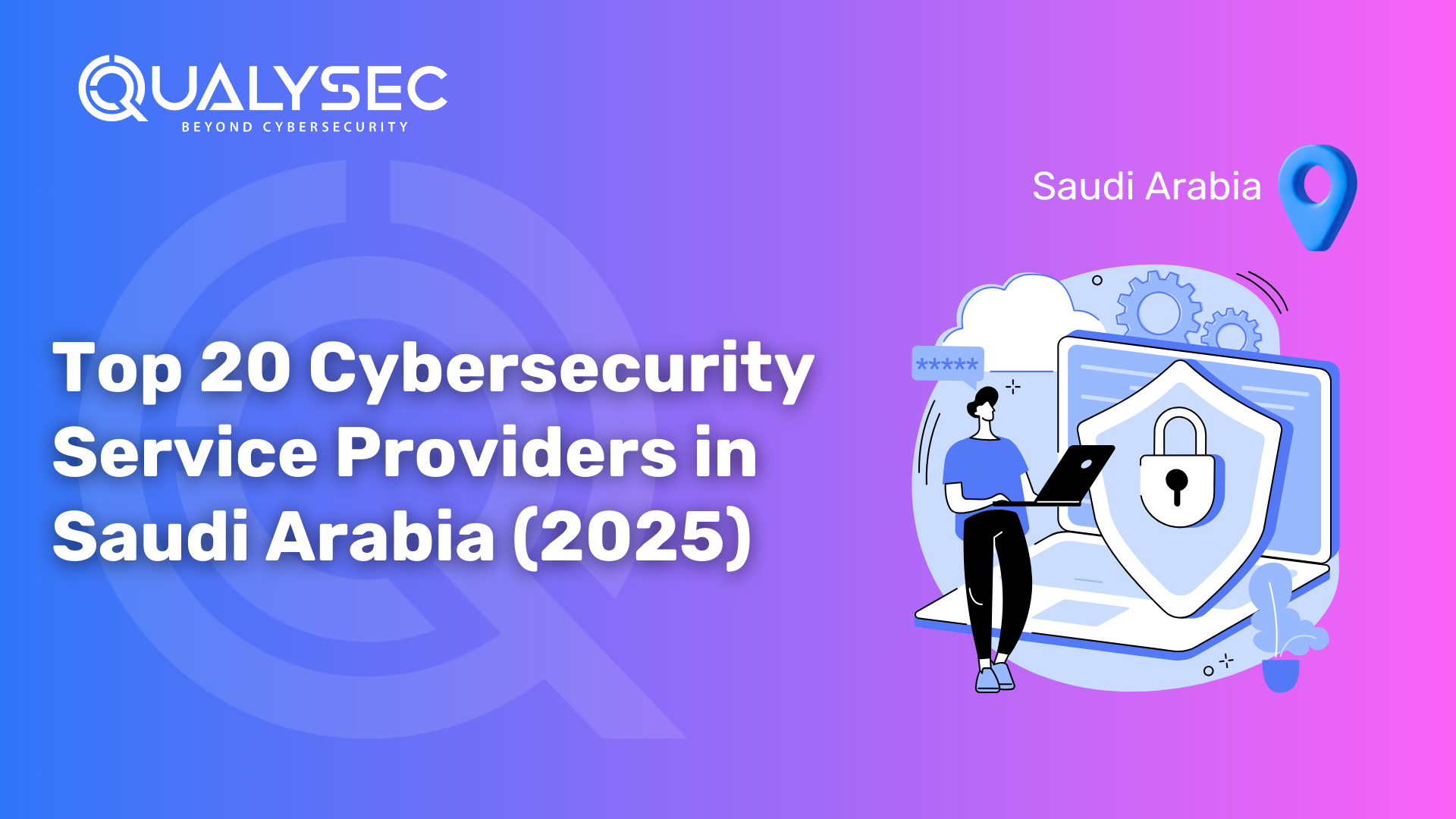
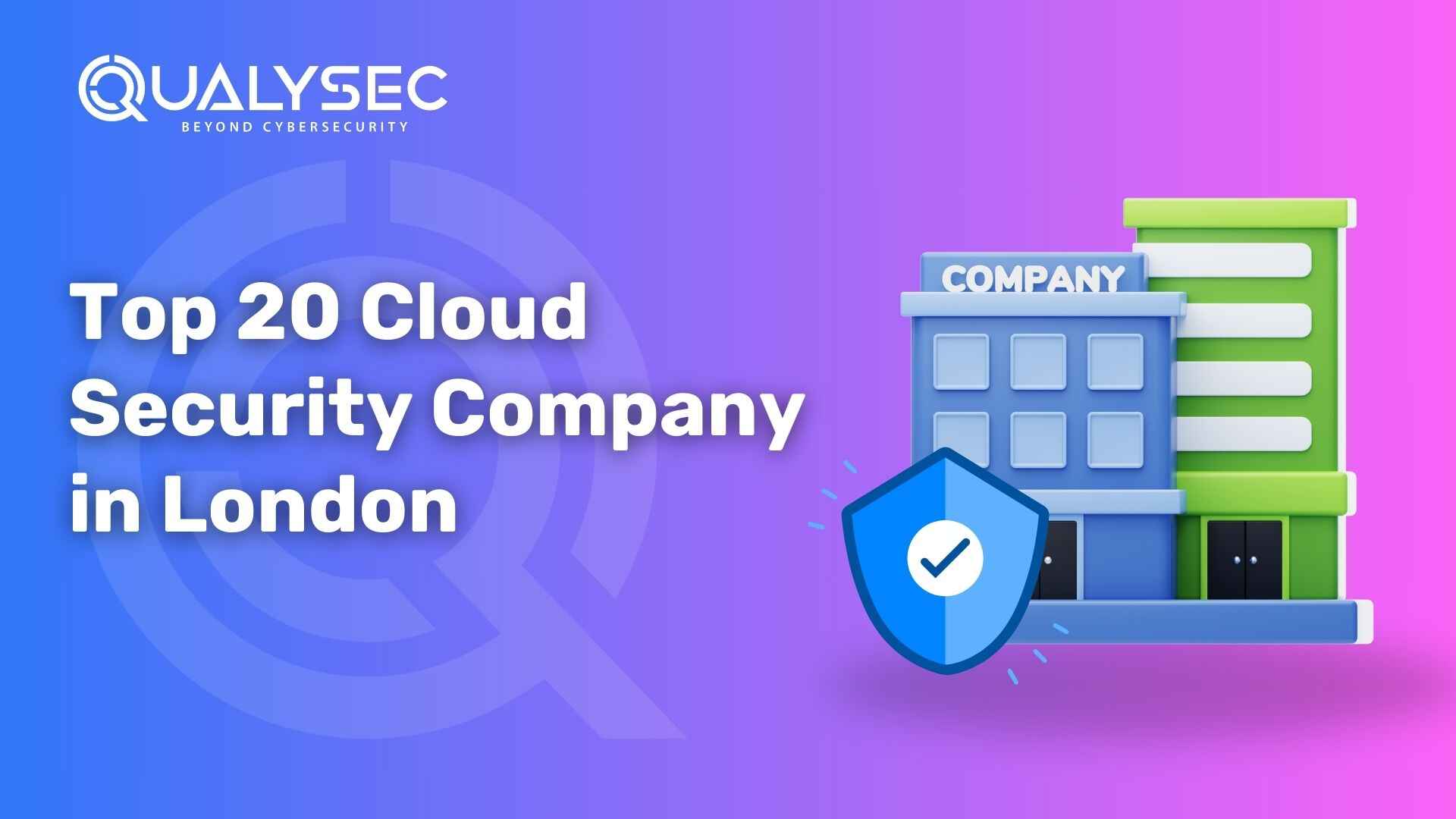









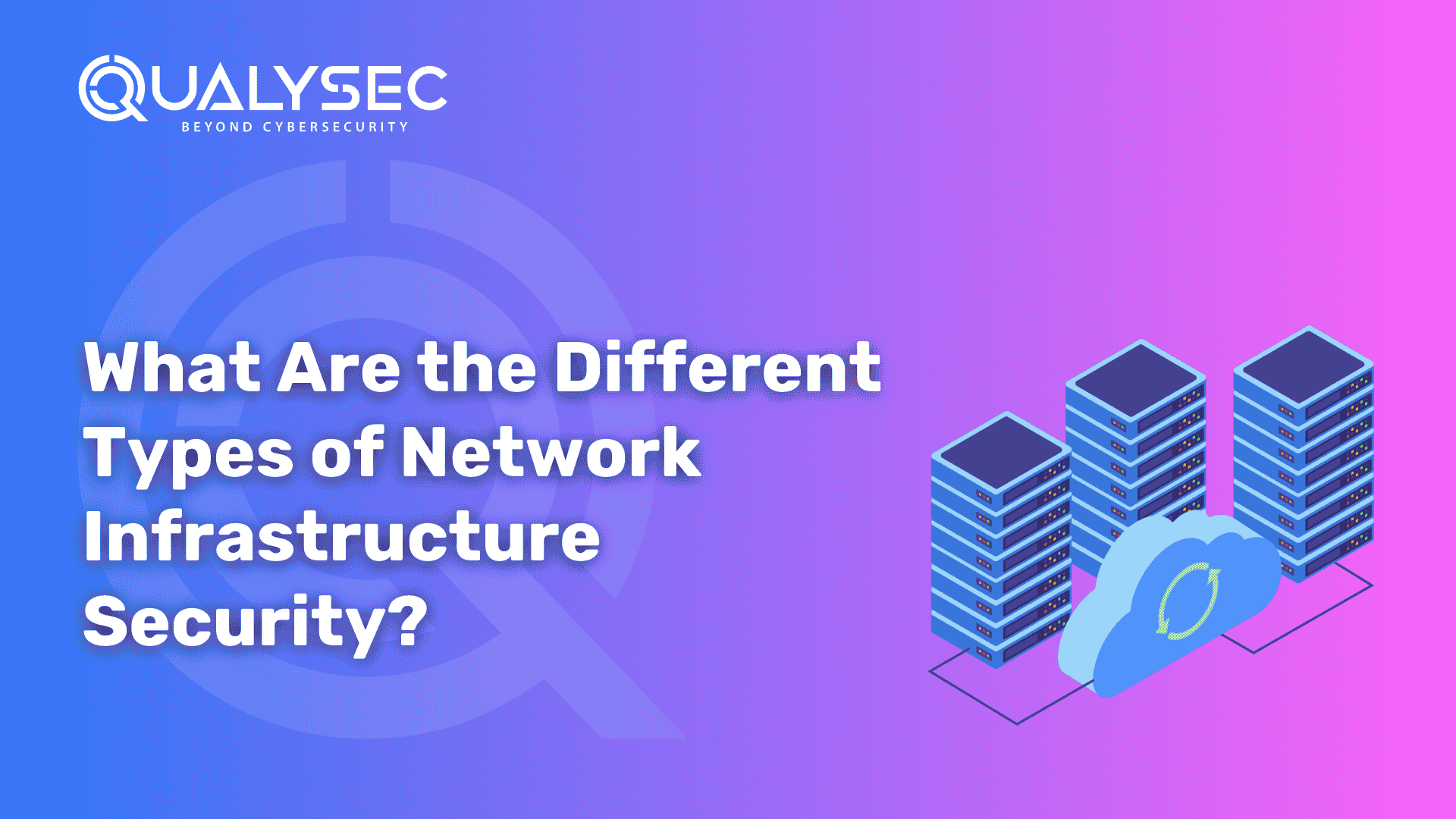








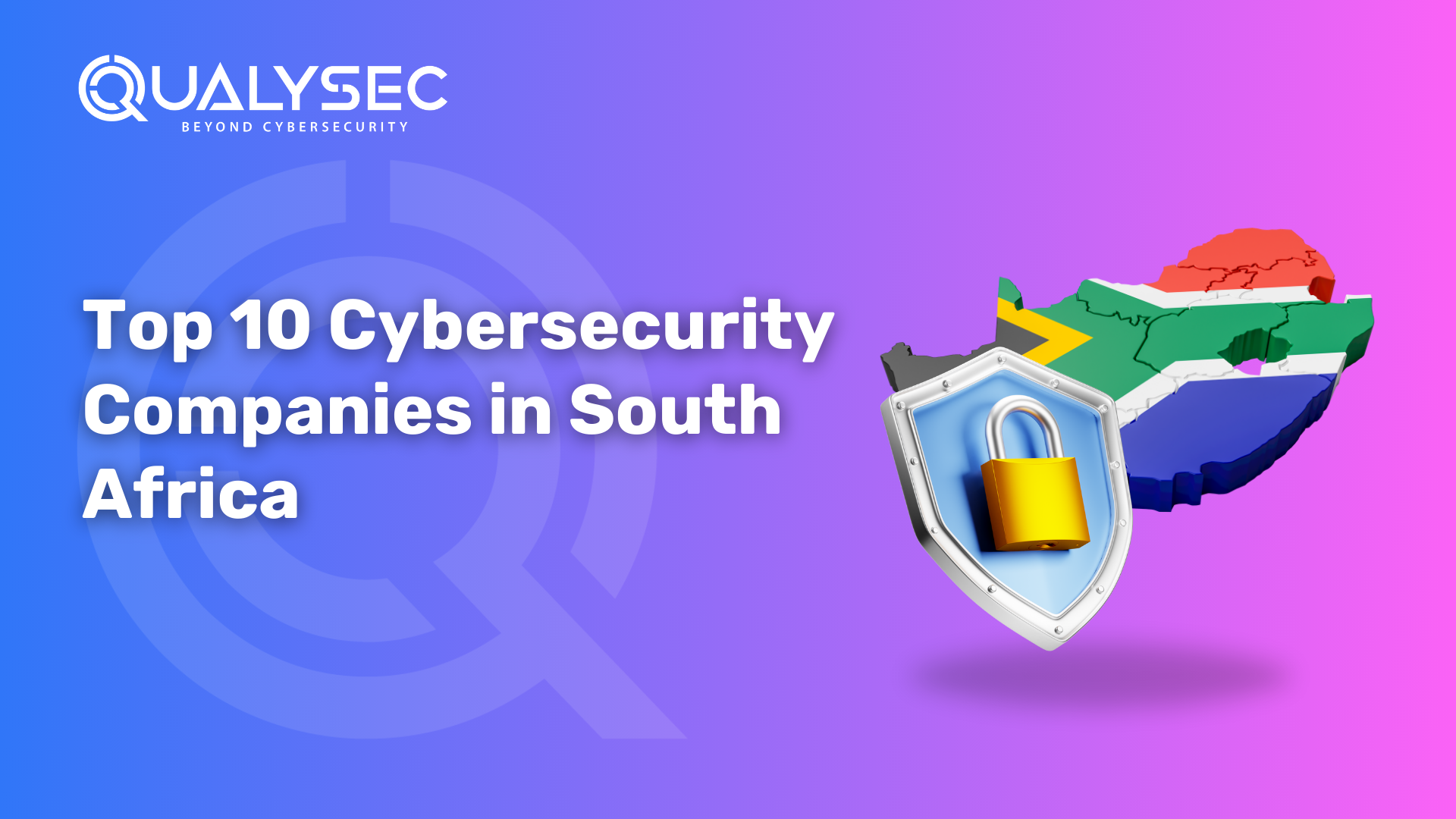







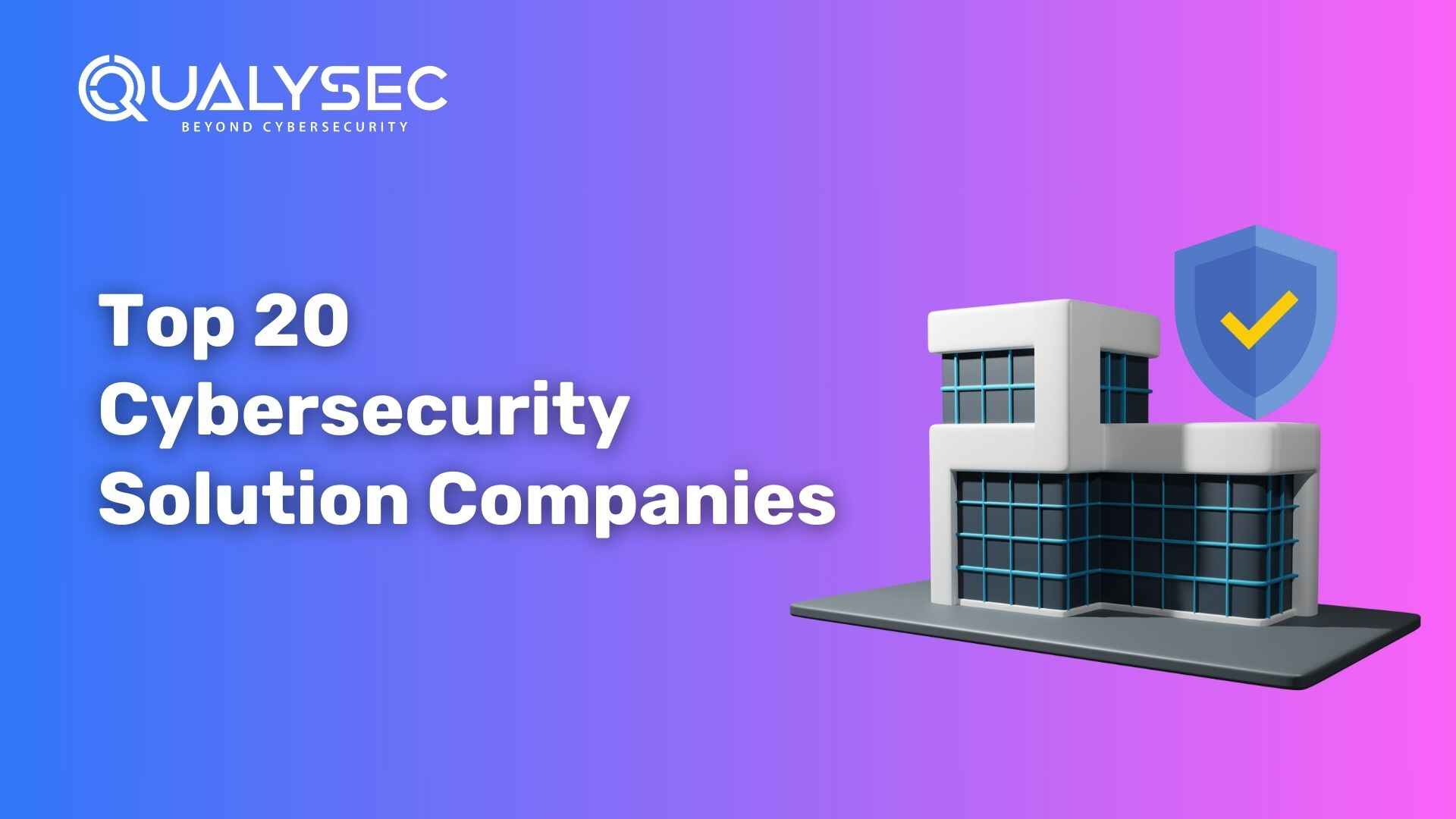























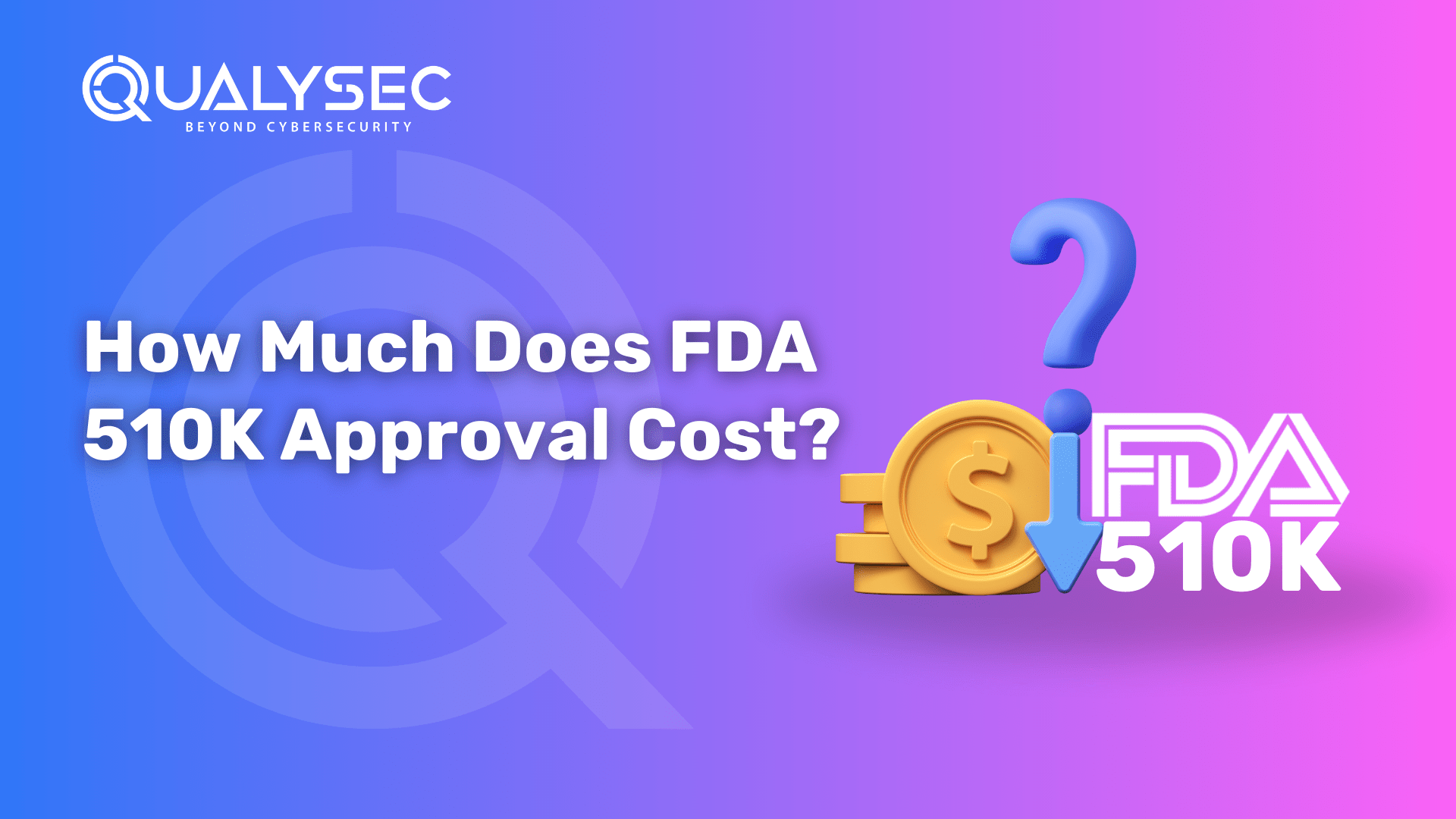
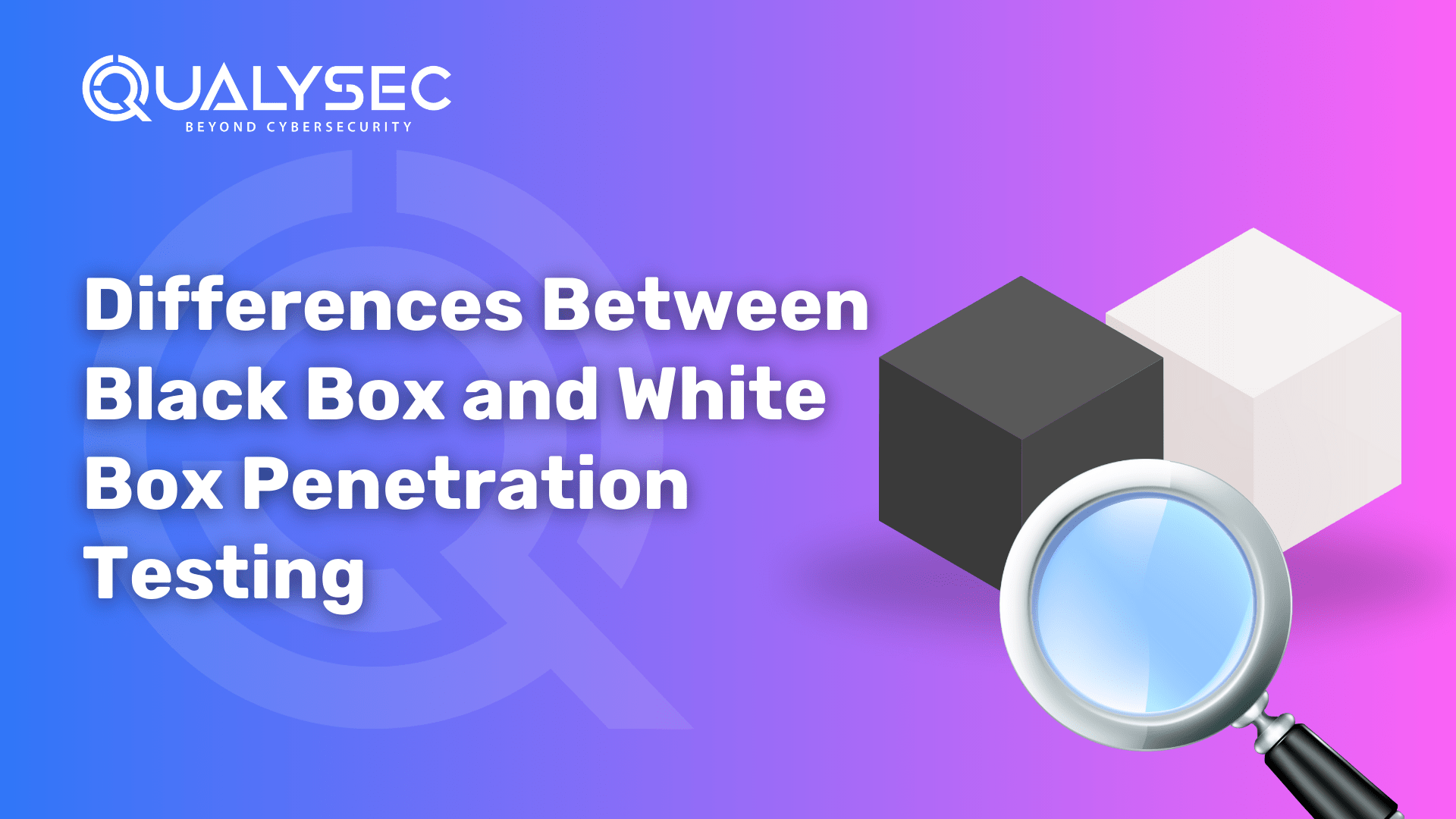











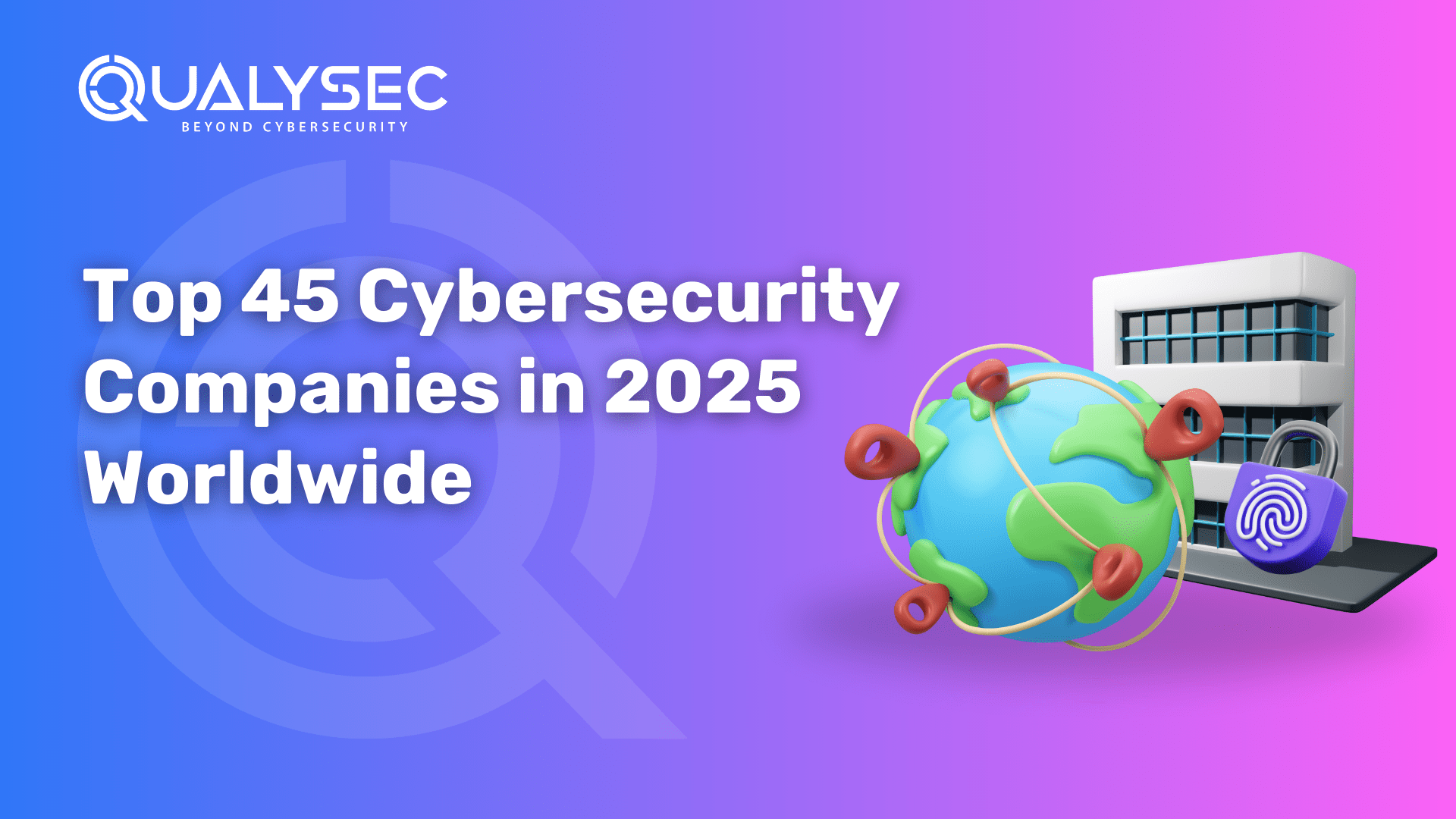












































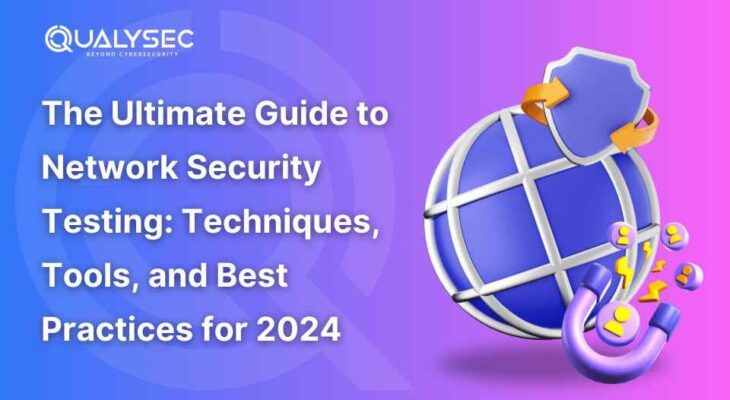





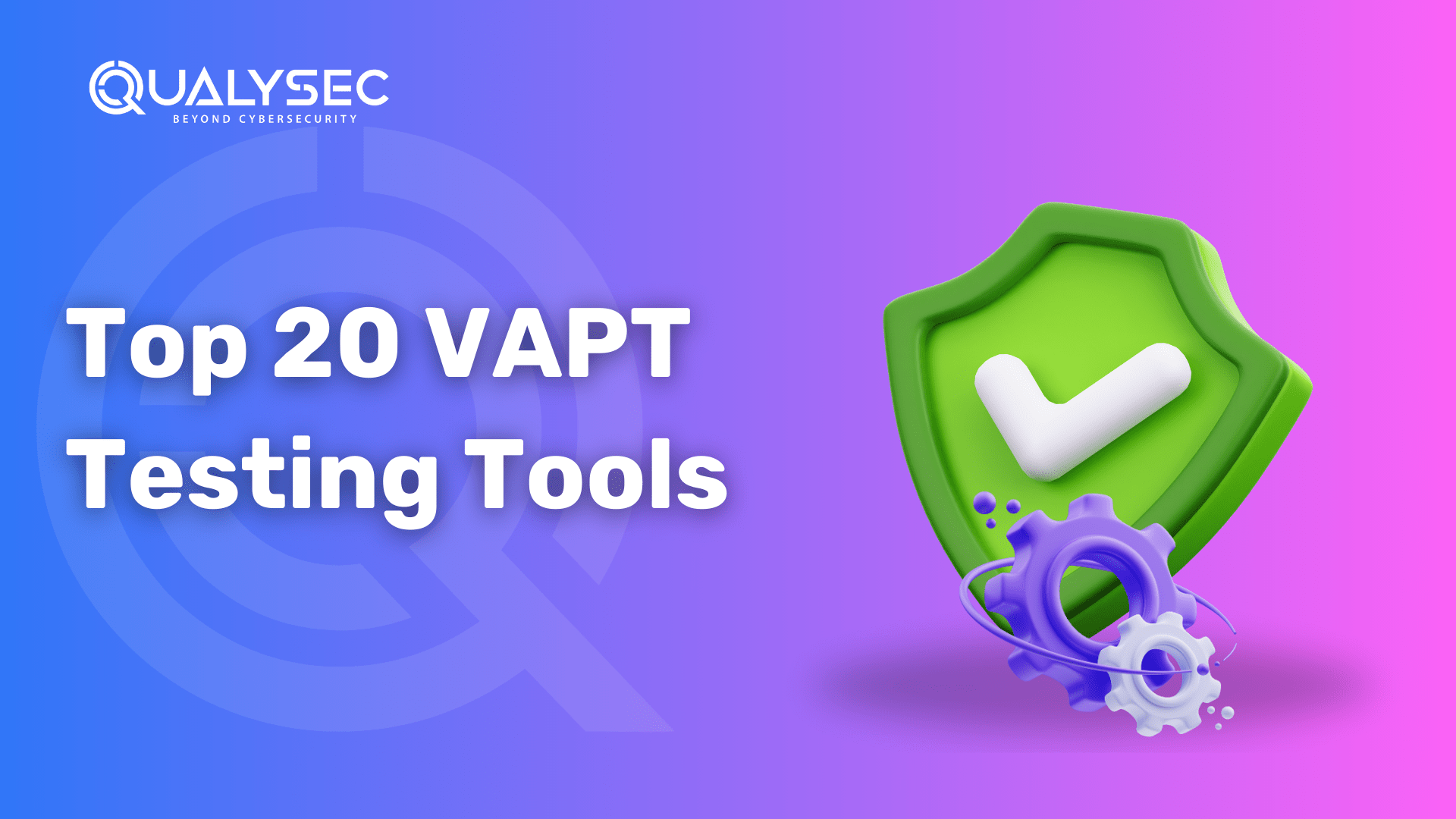


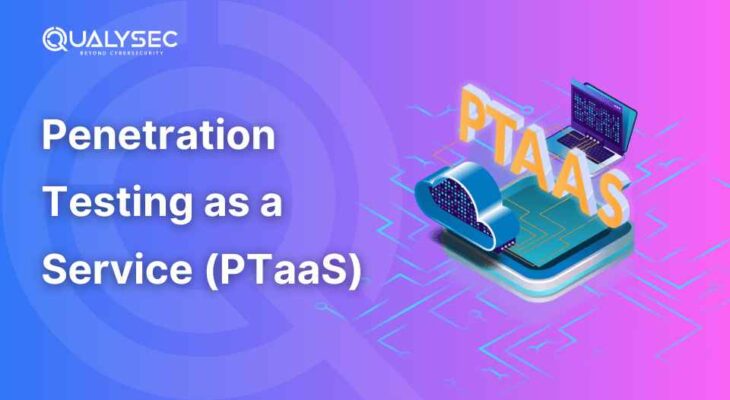

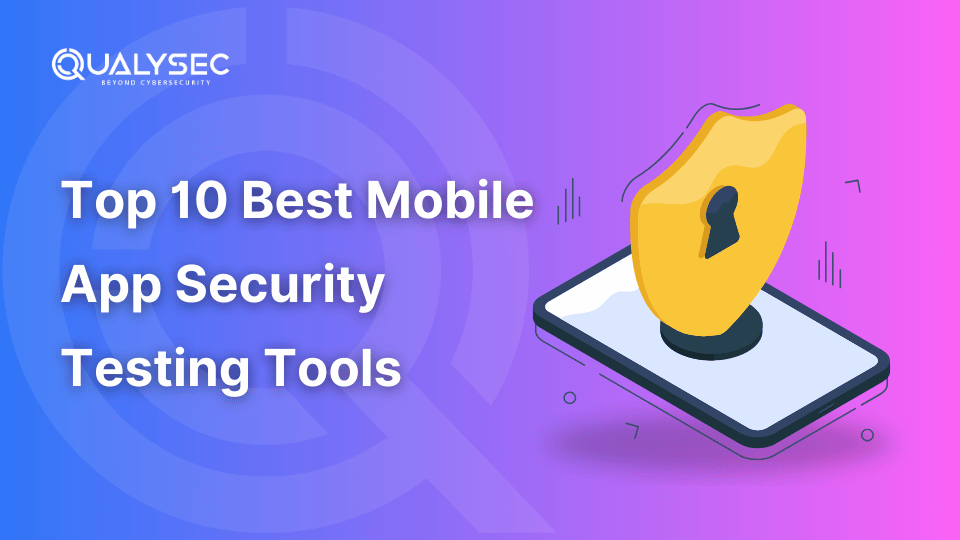


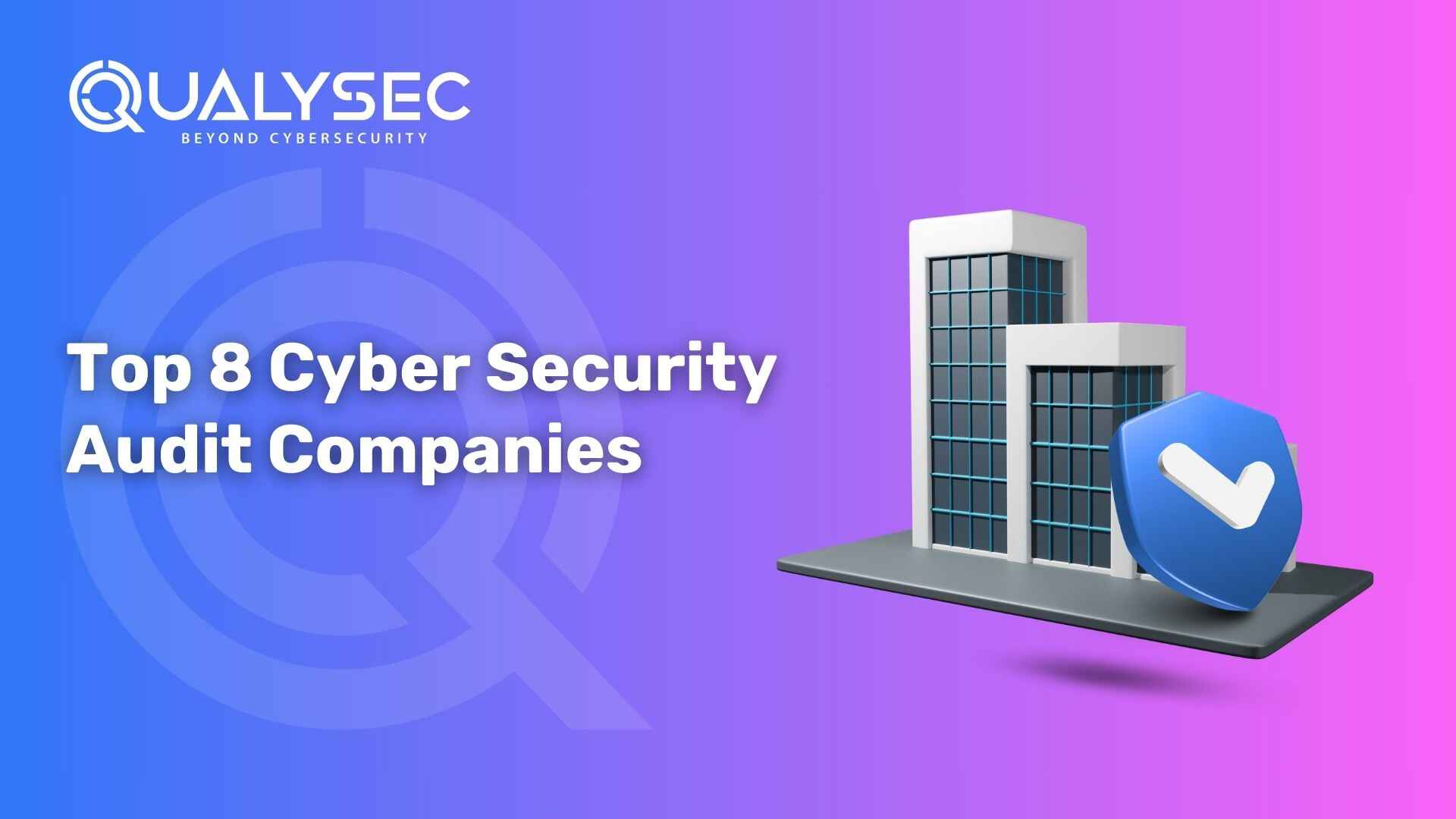
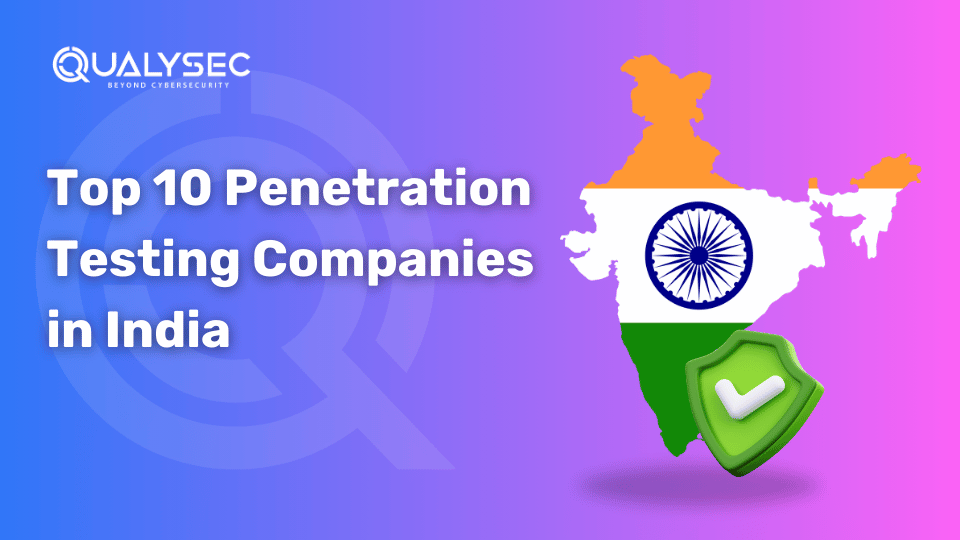






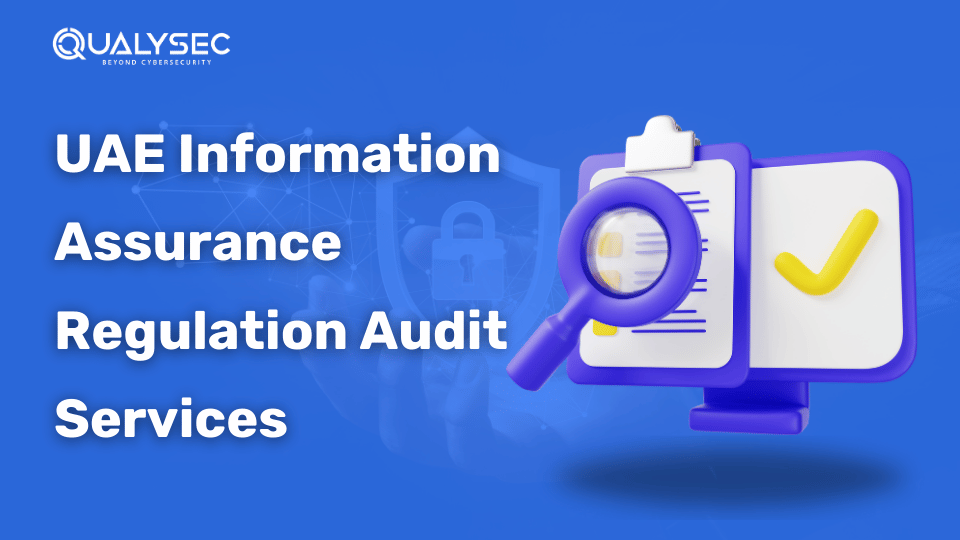










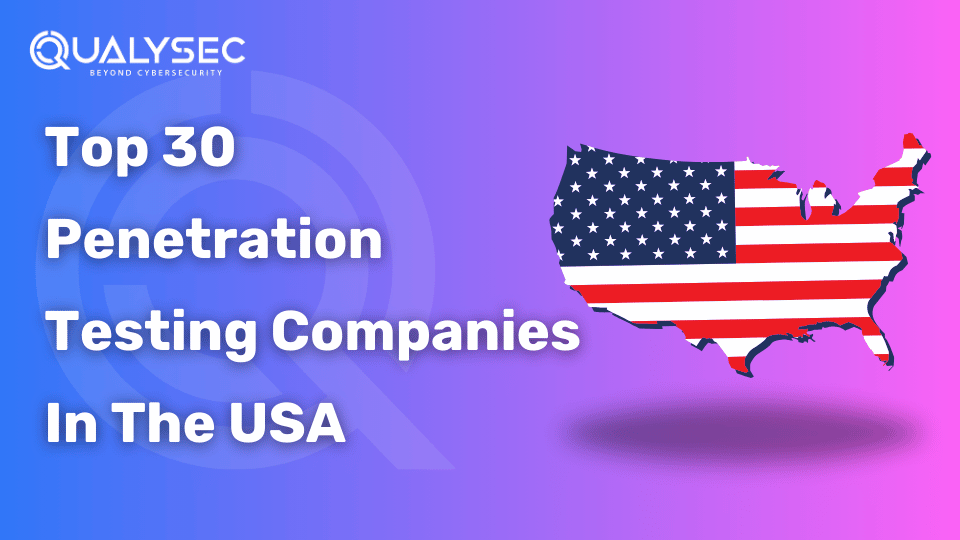
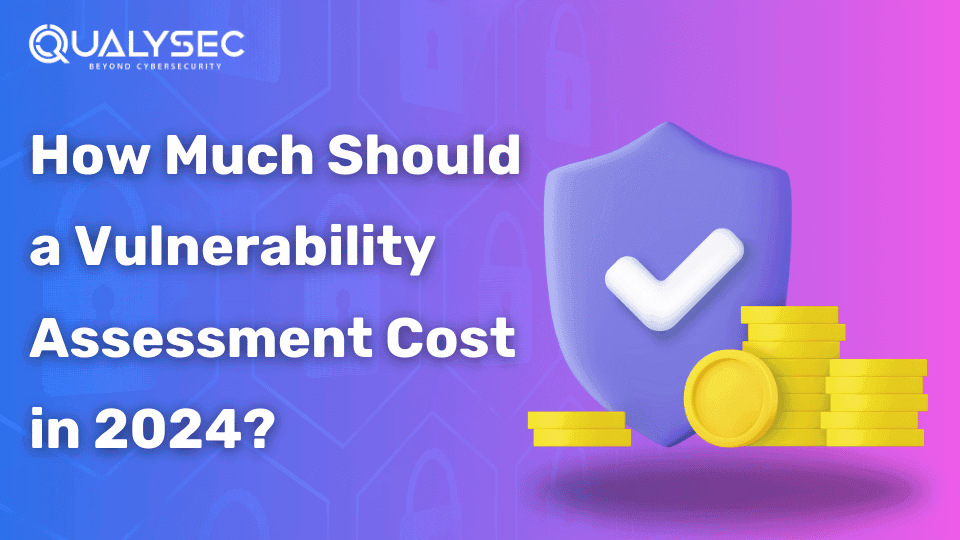








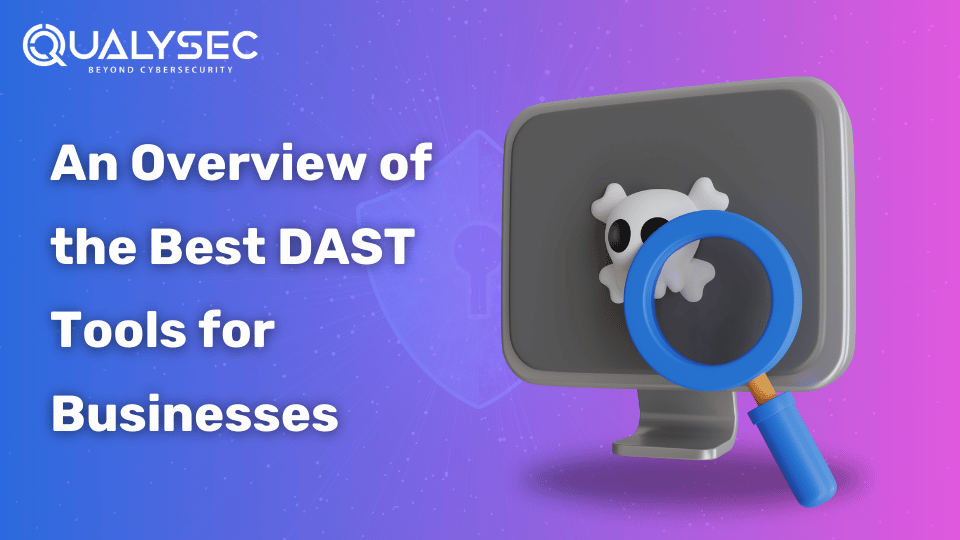










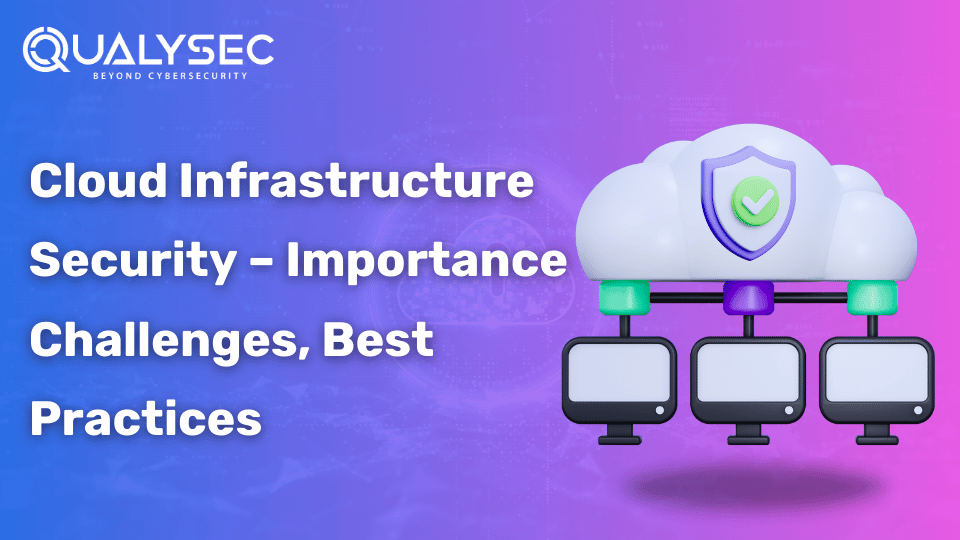

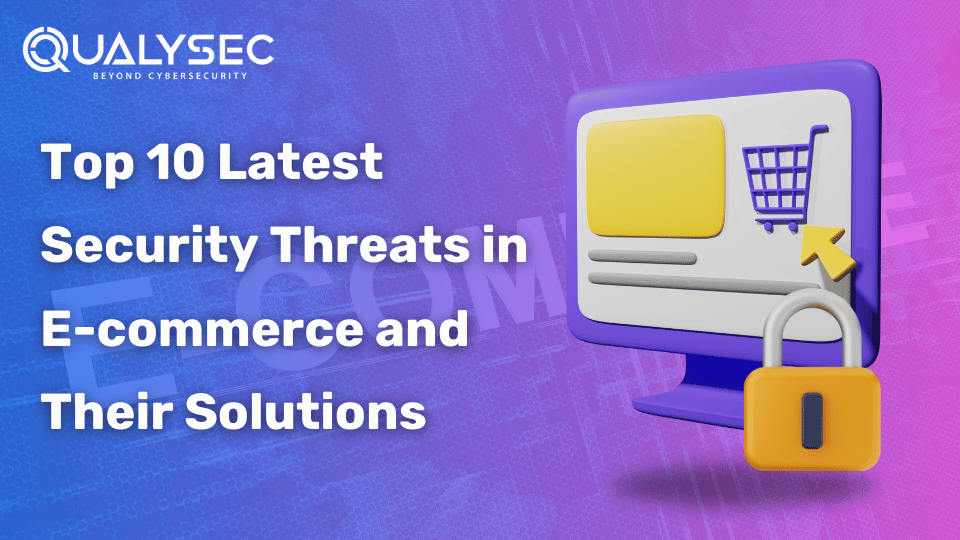
















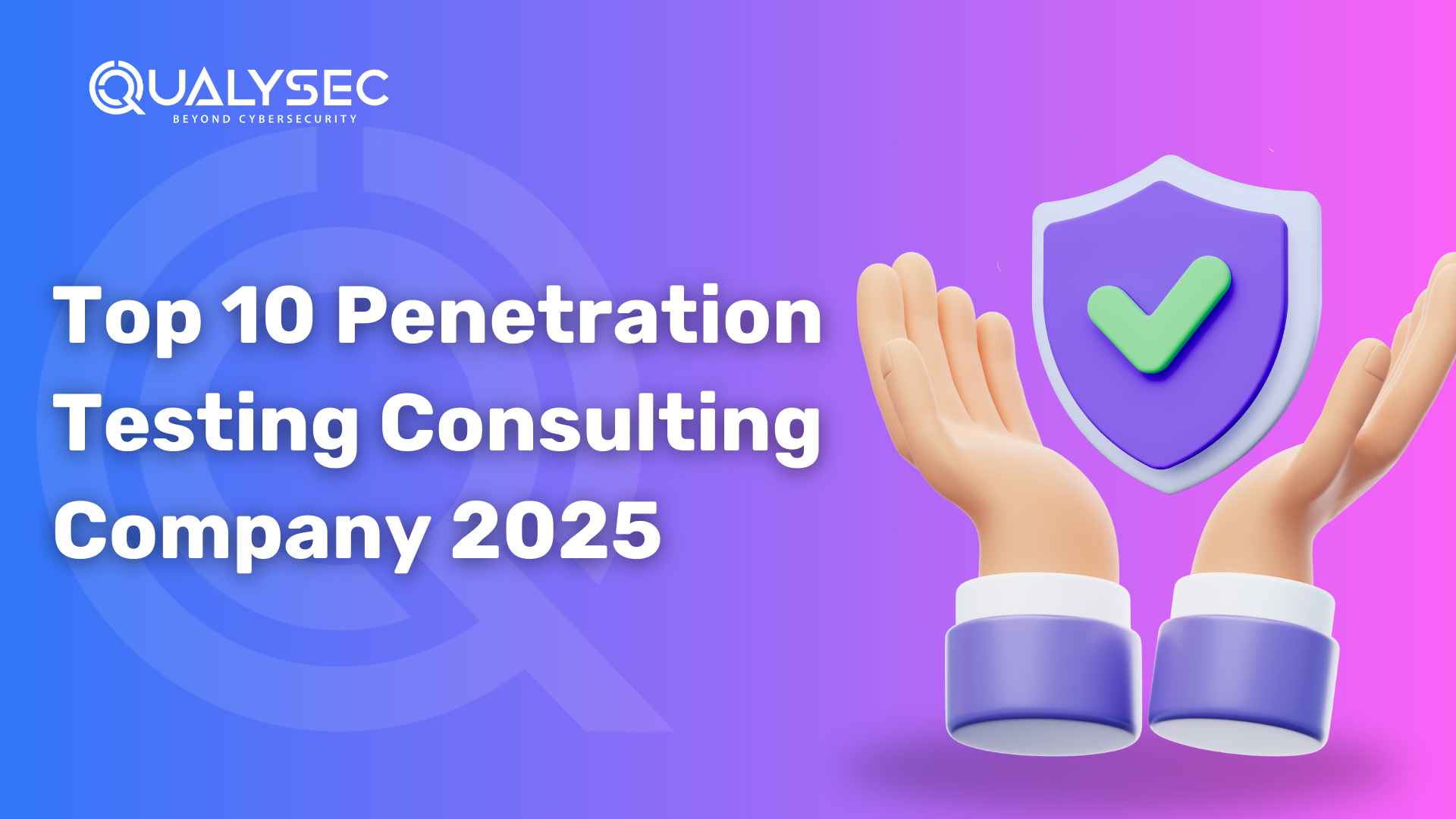
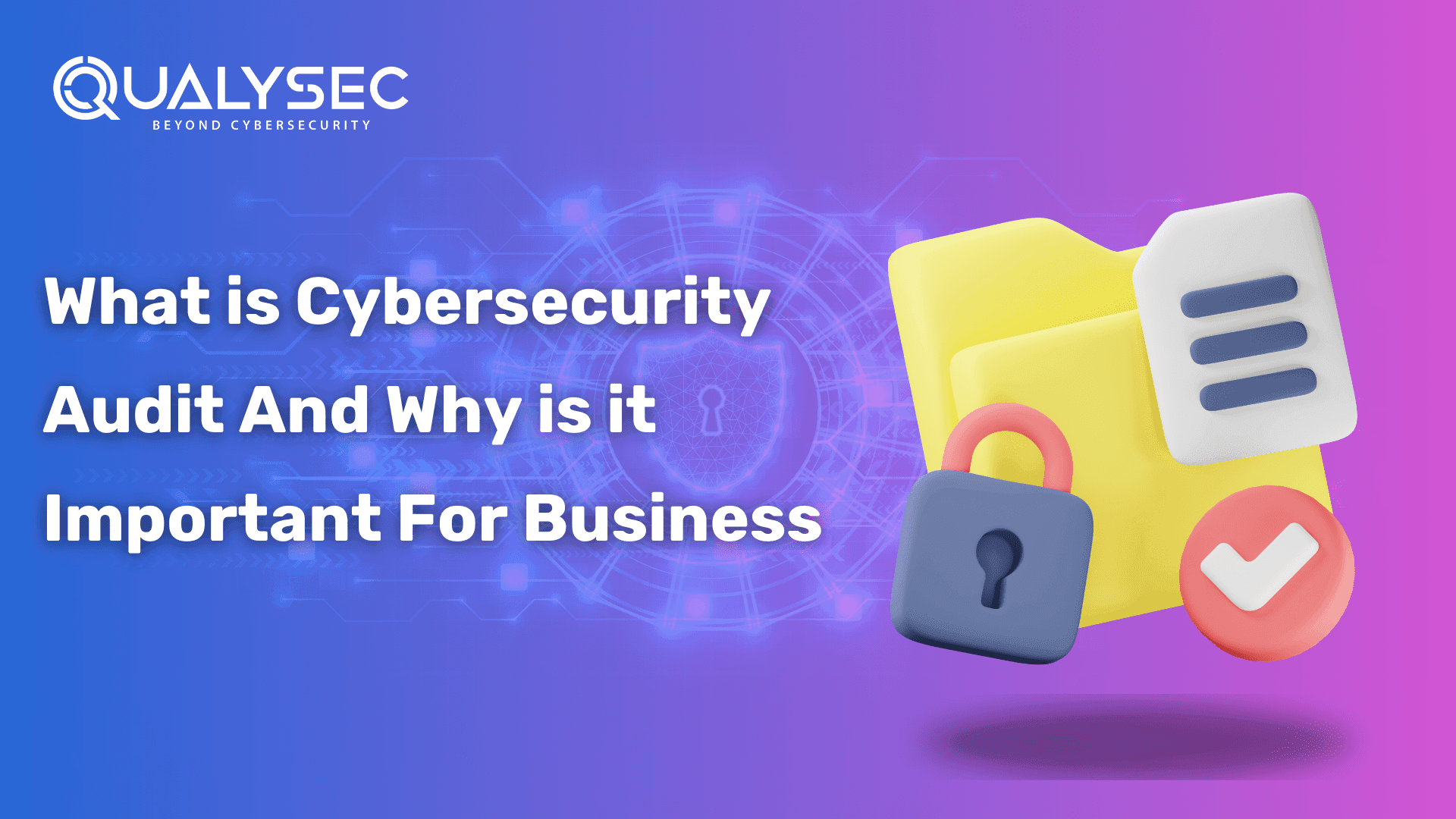
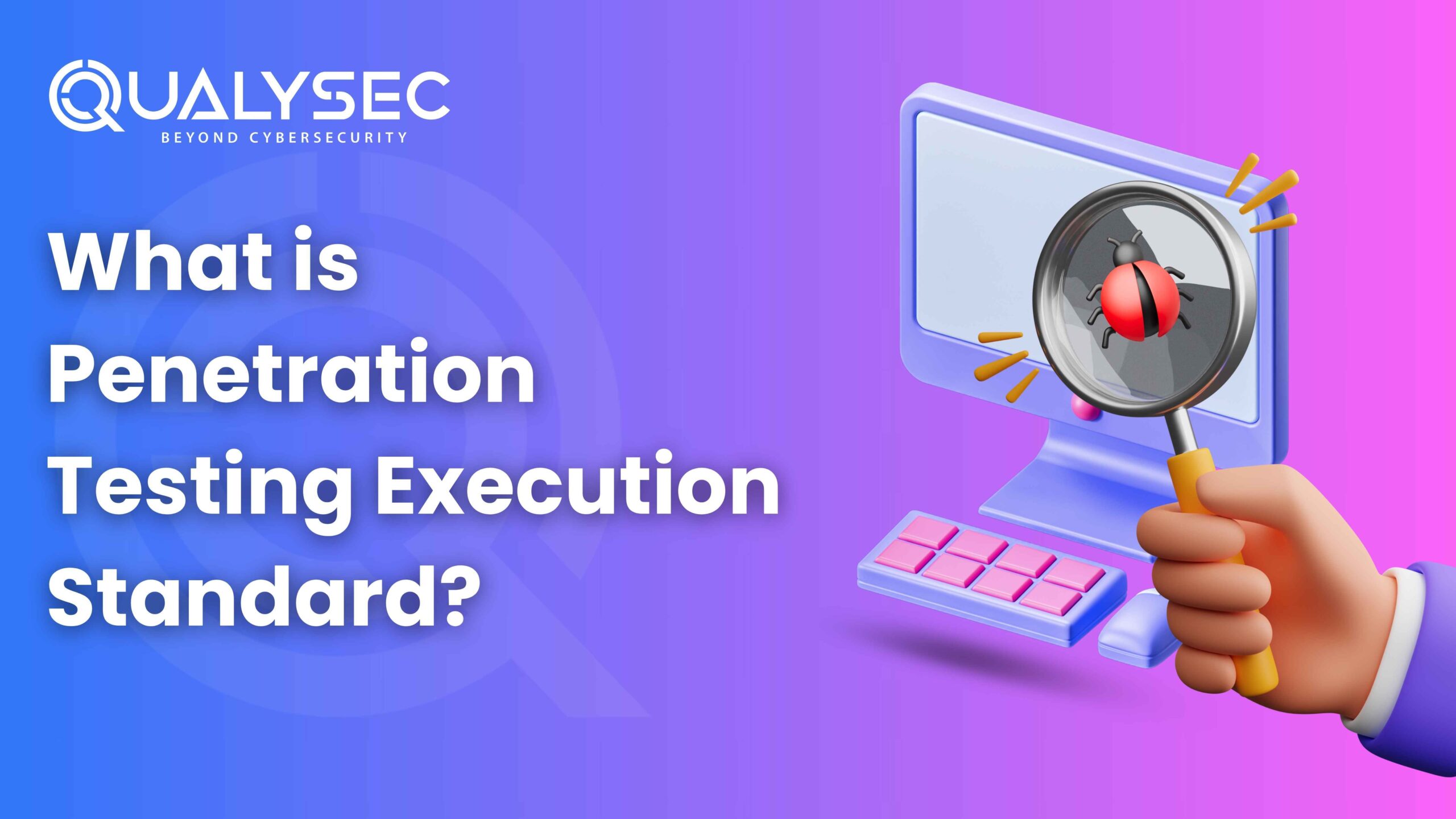





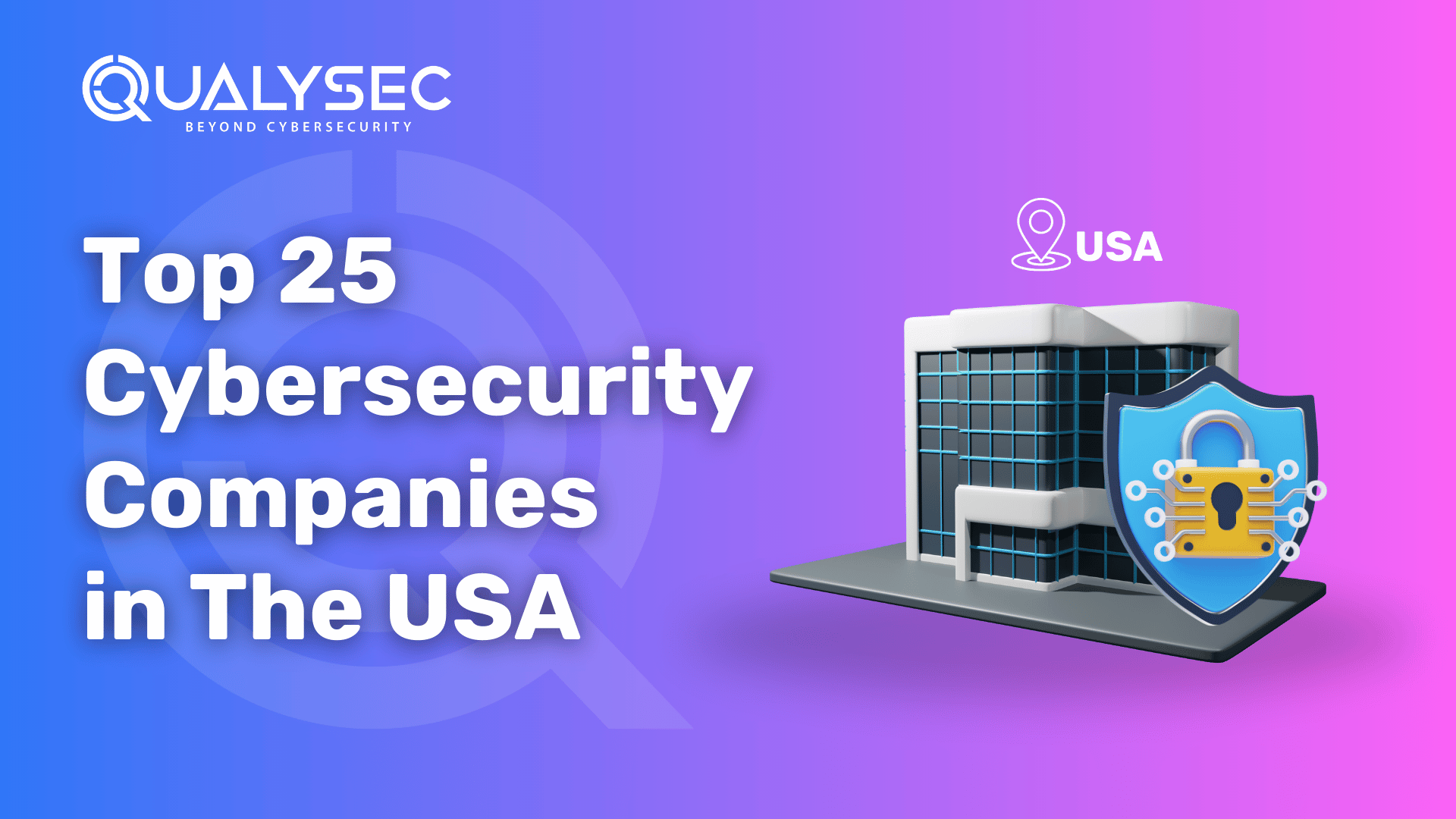
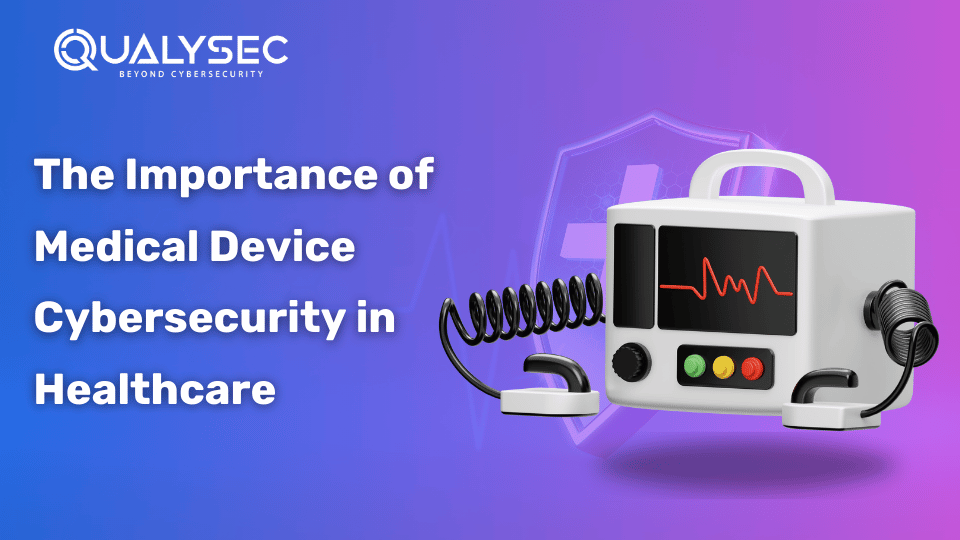




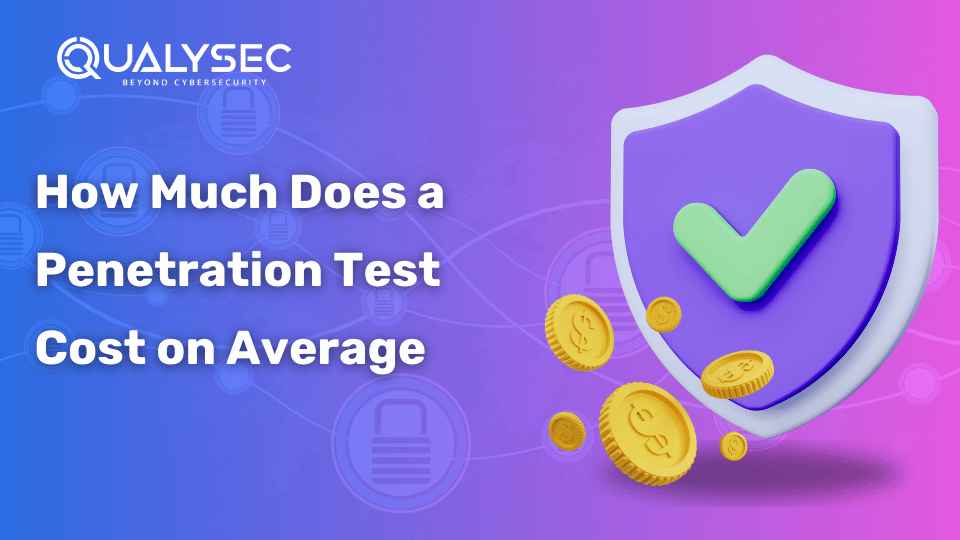



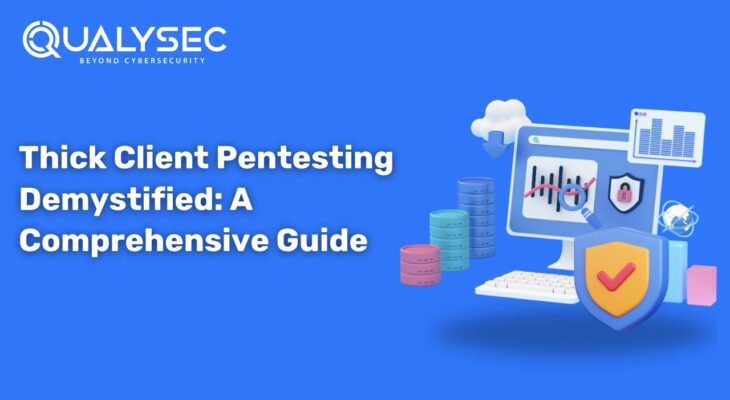


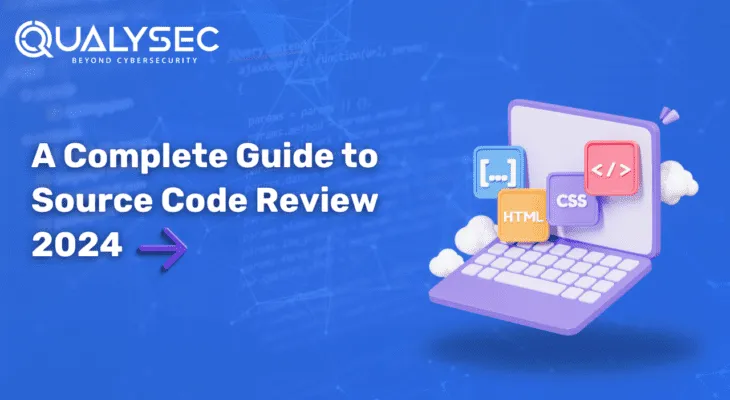


































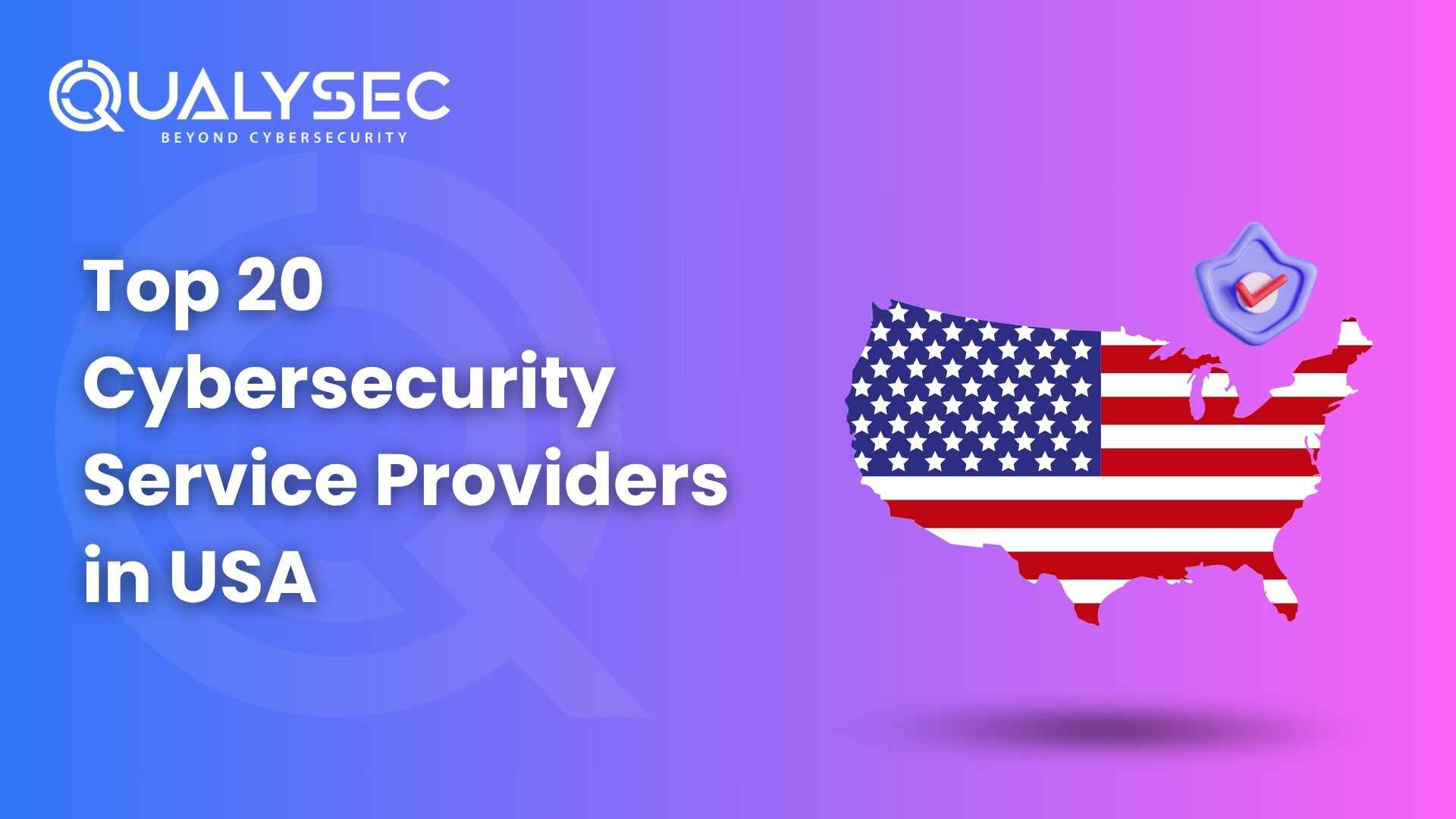













































































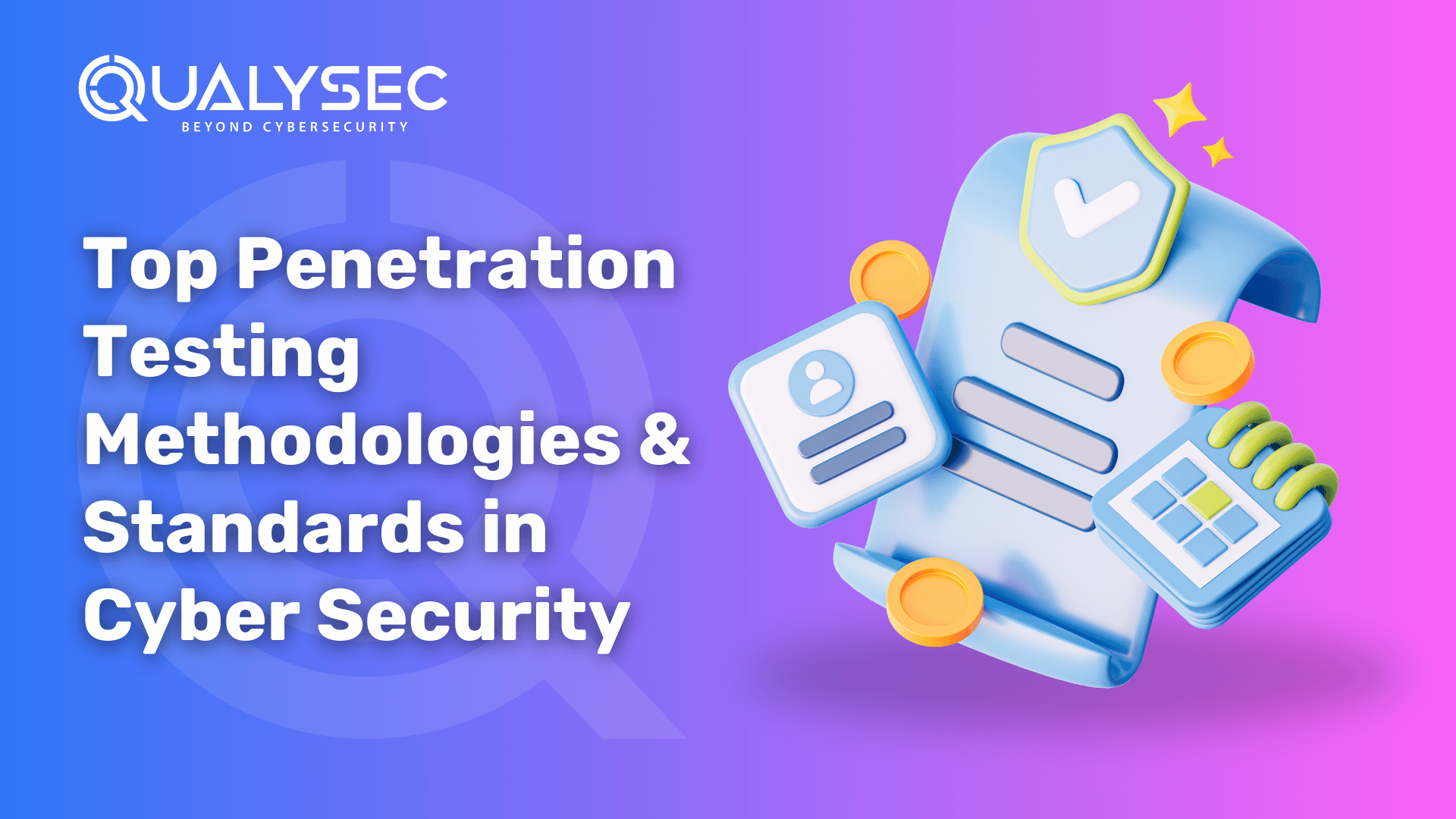











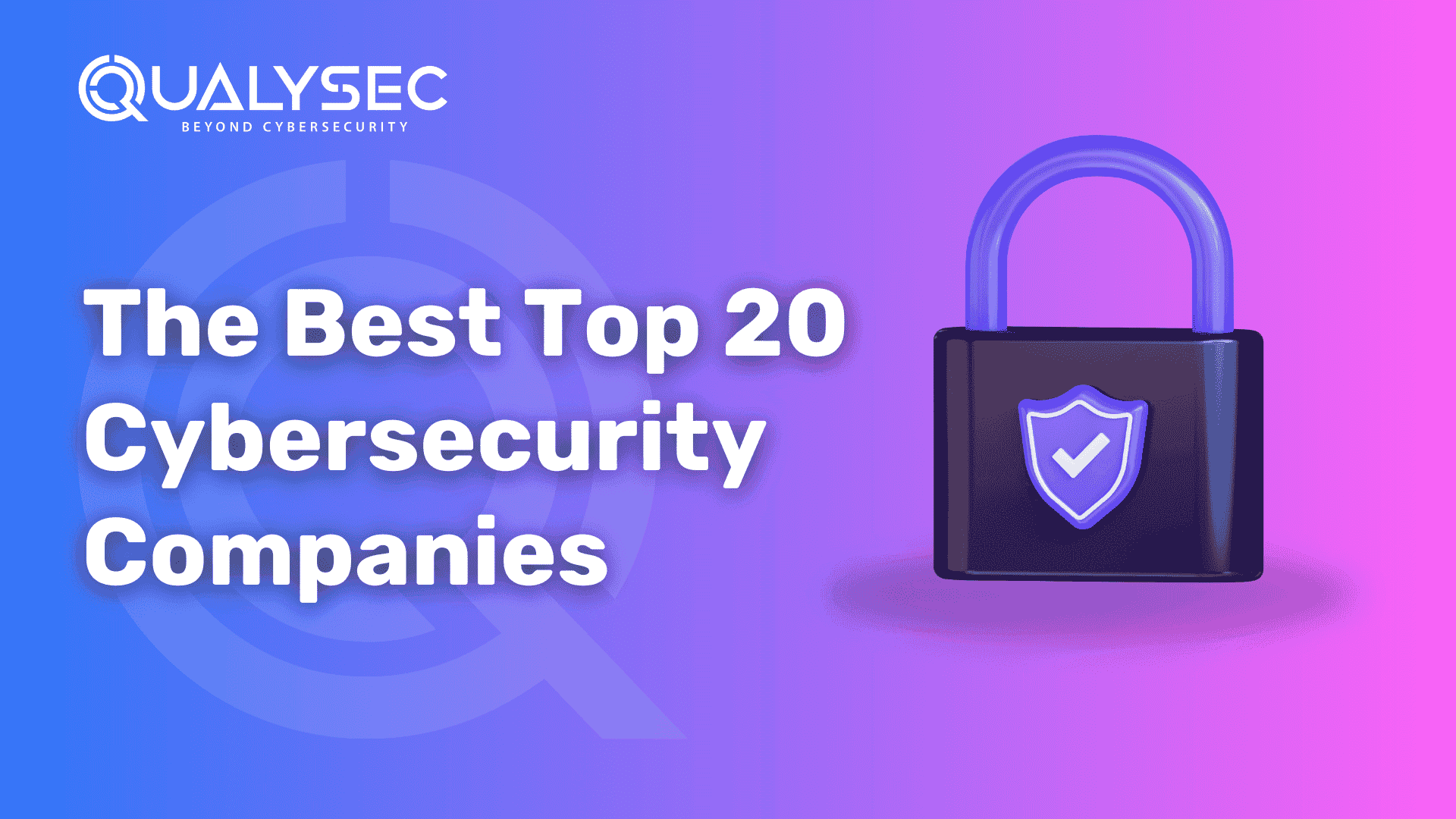
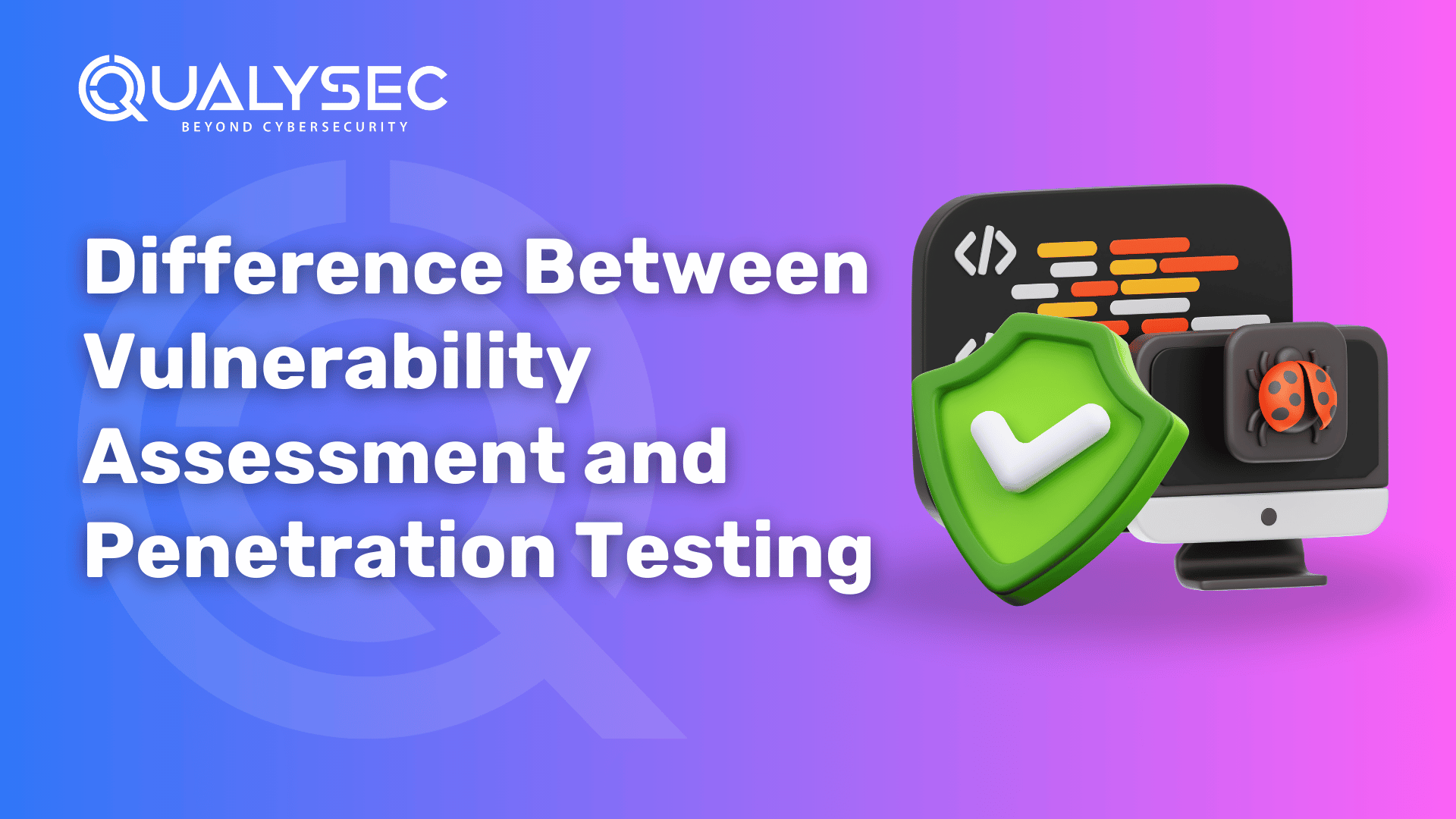


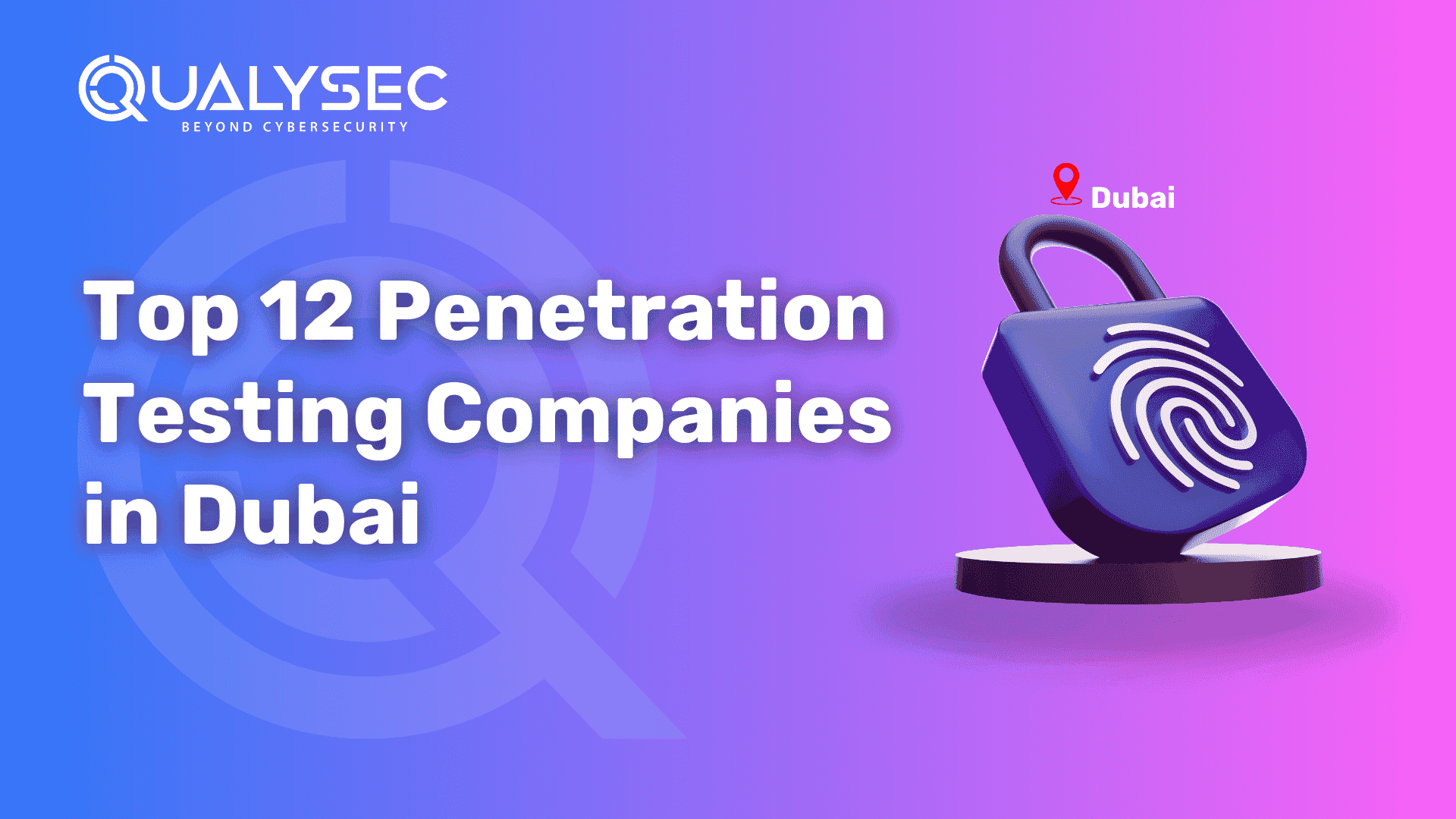
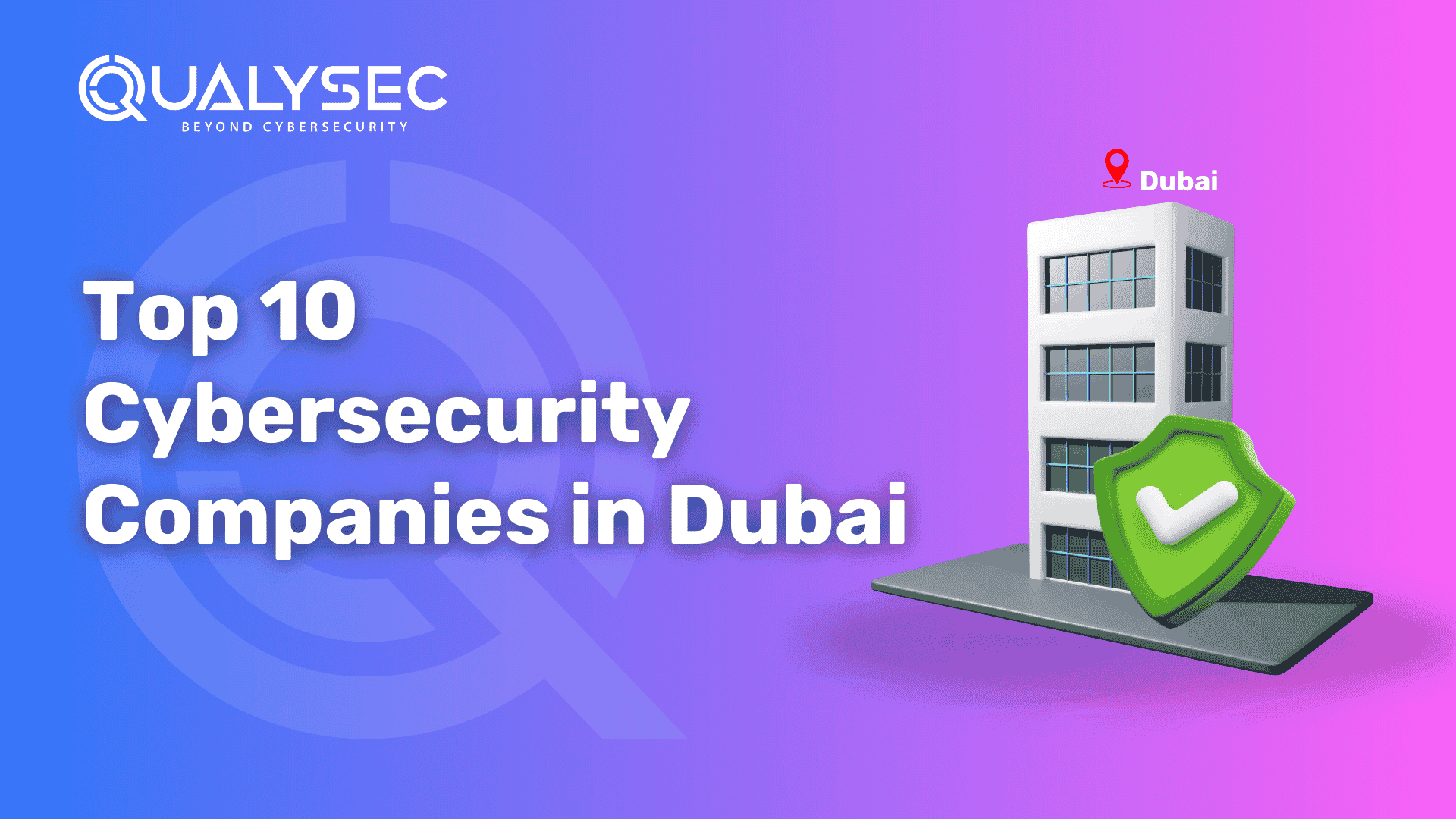

















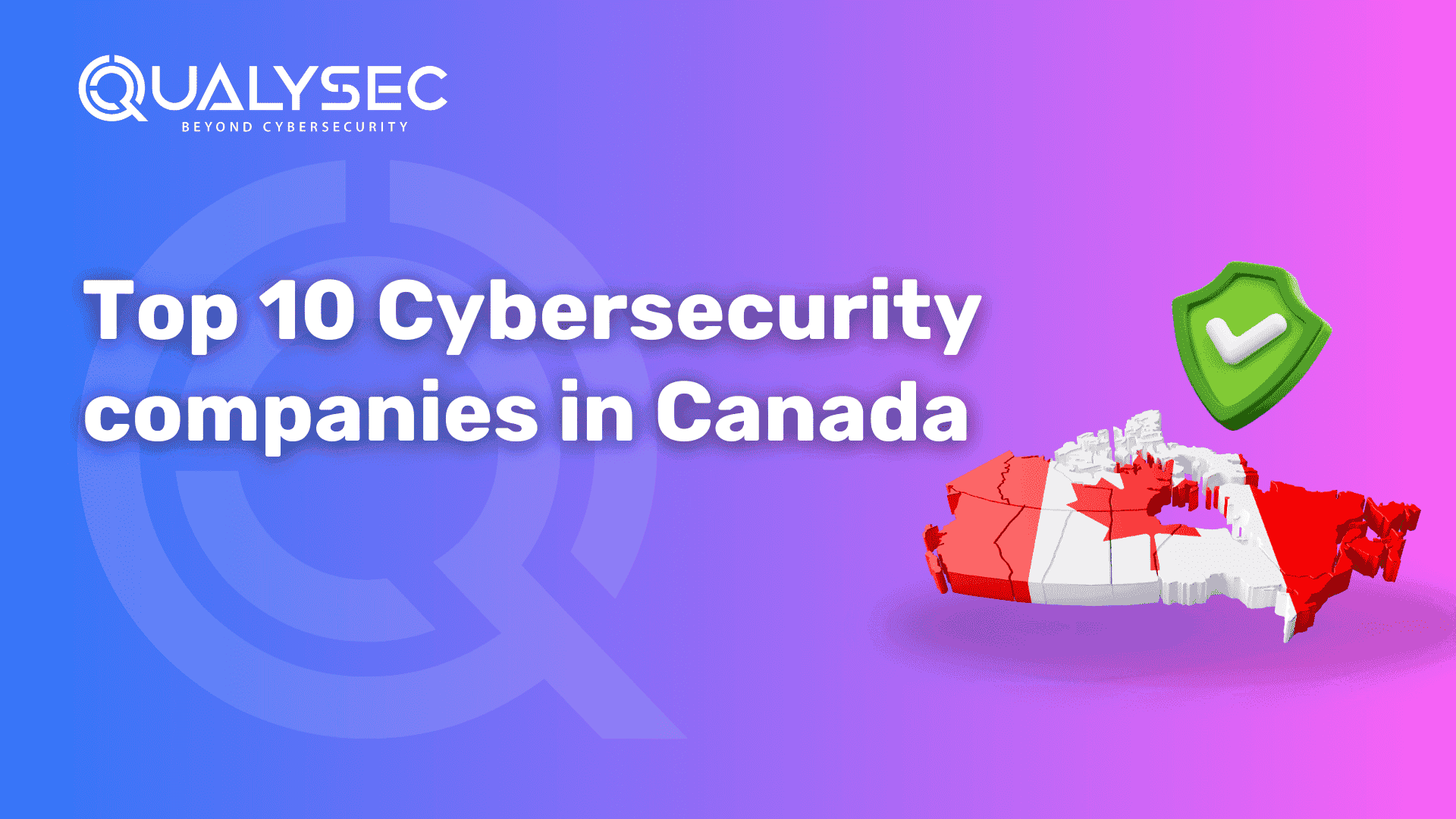




































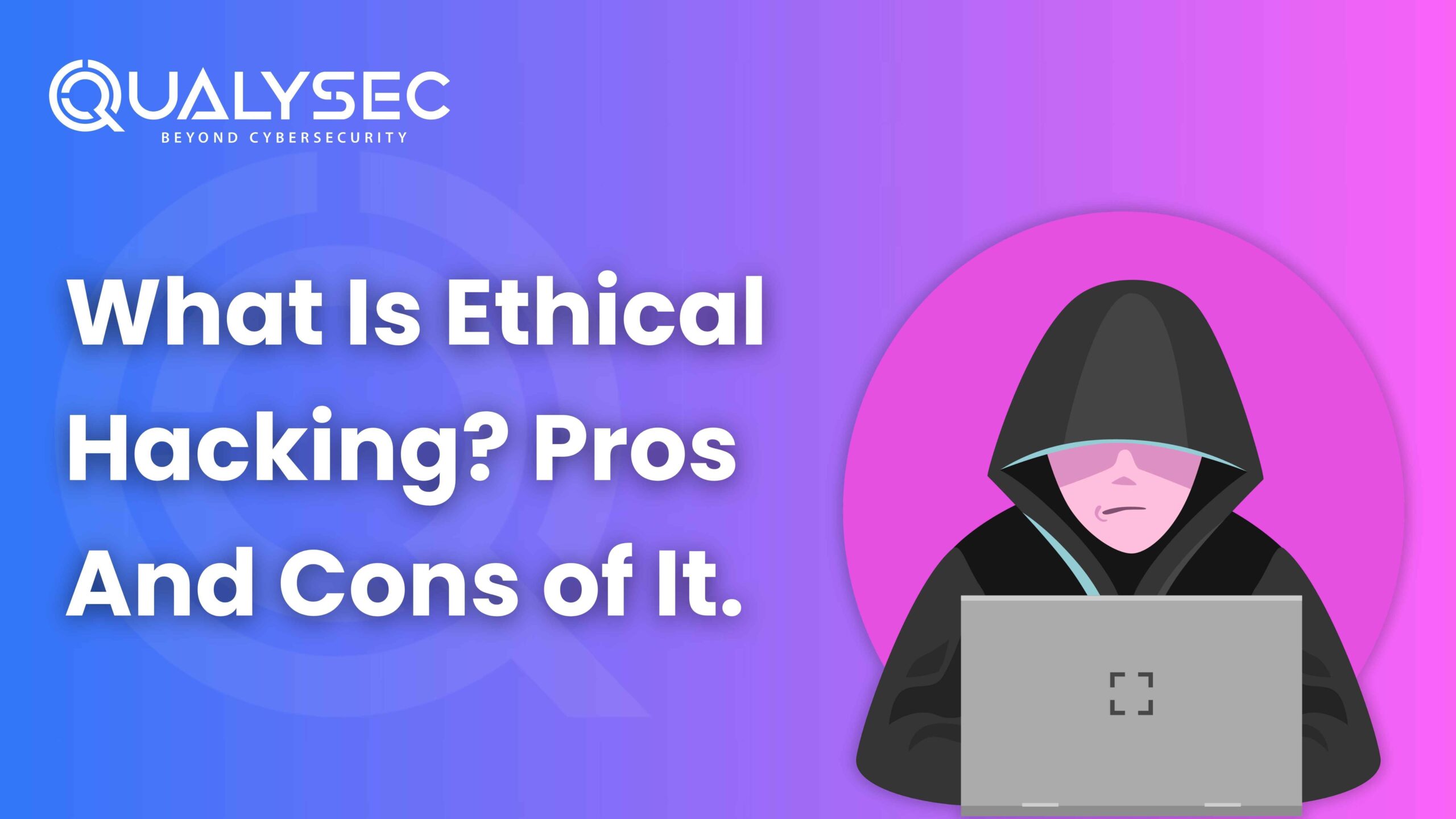








































0 Comments